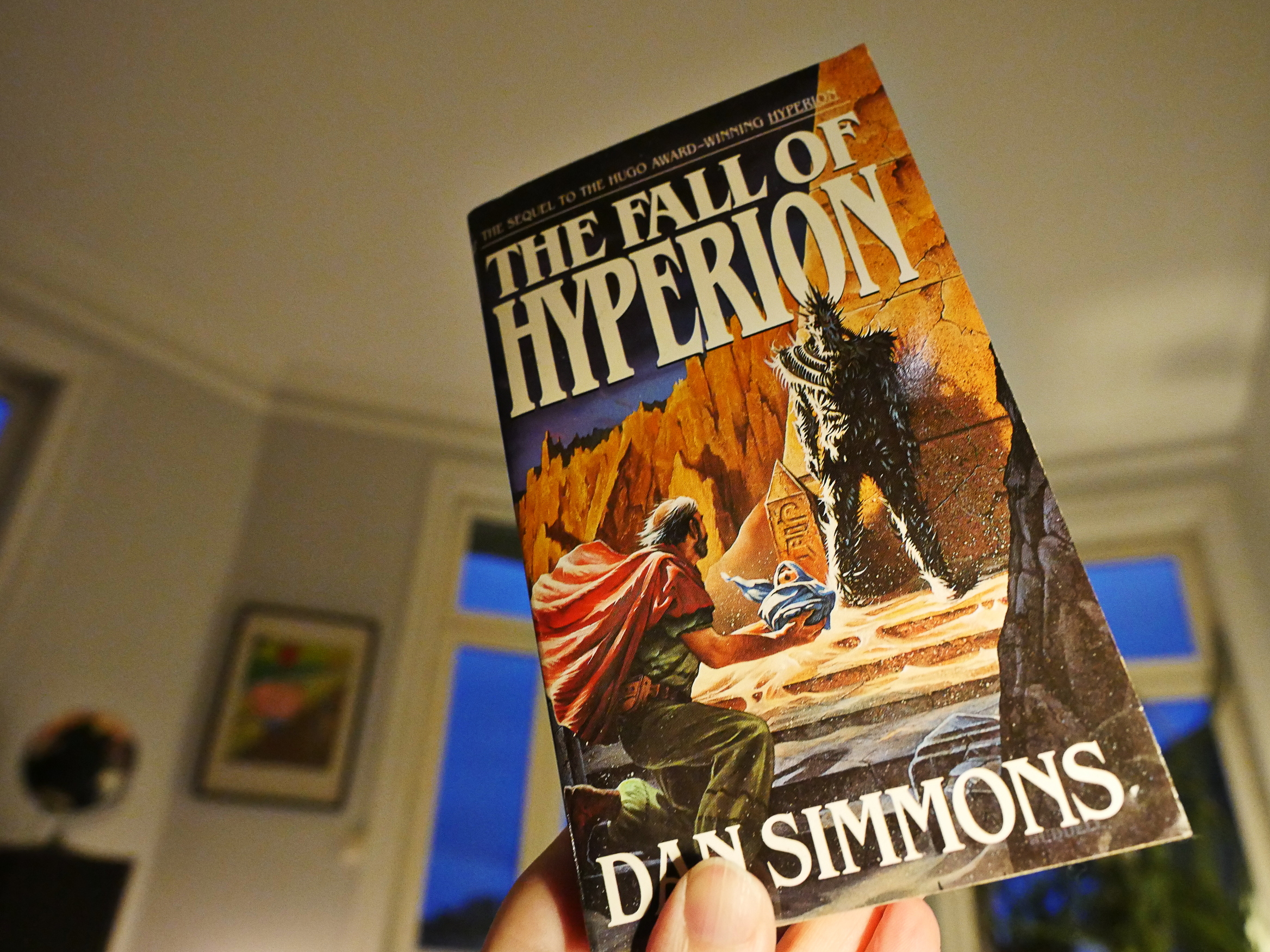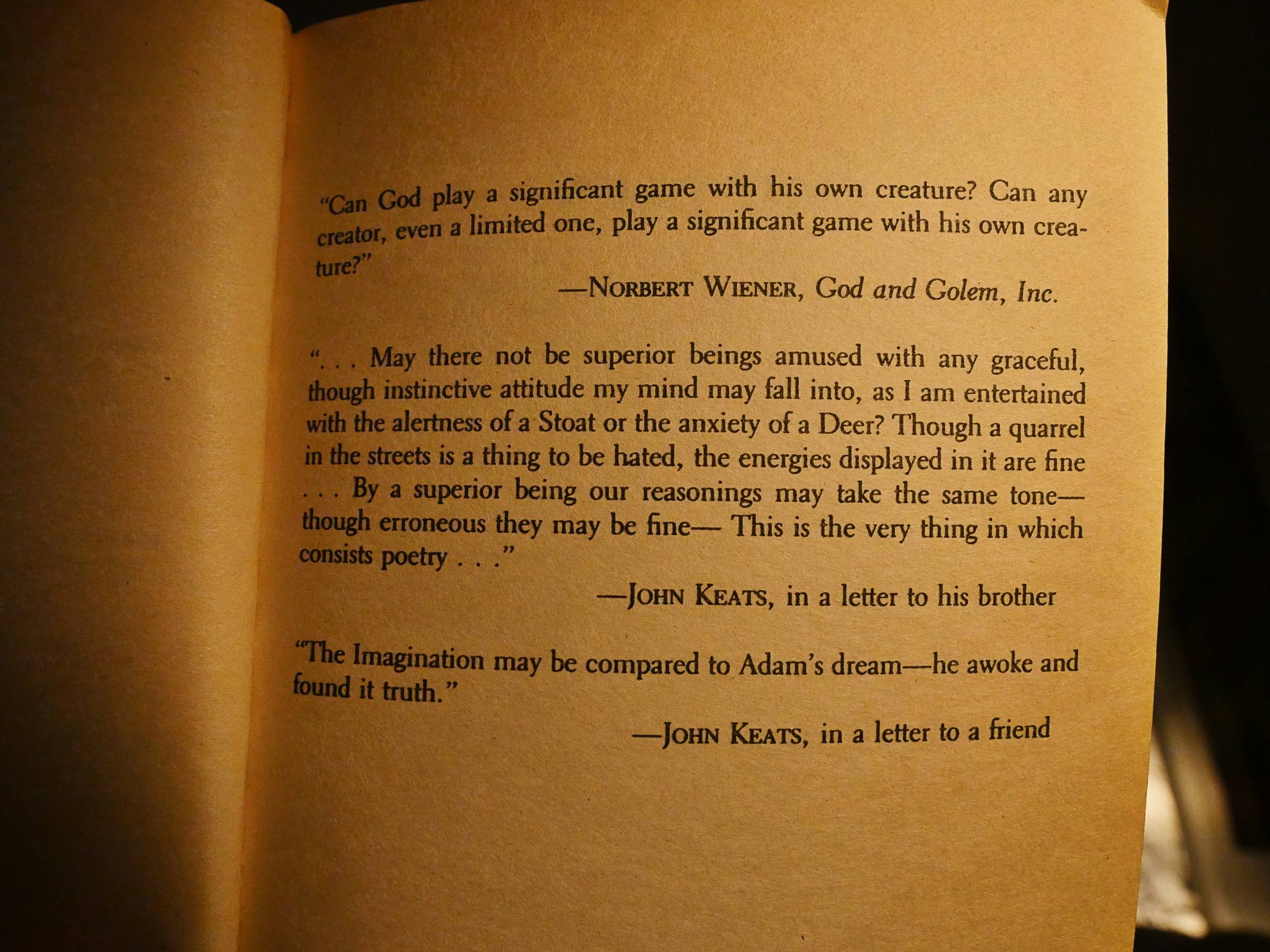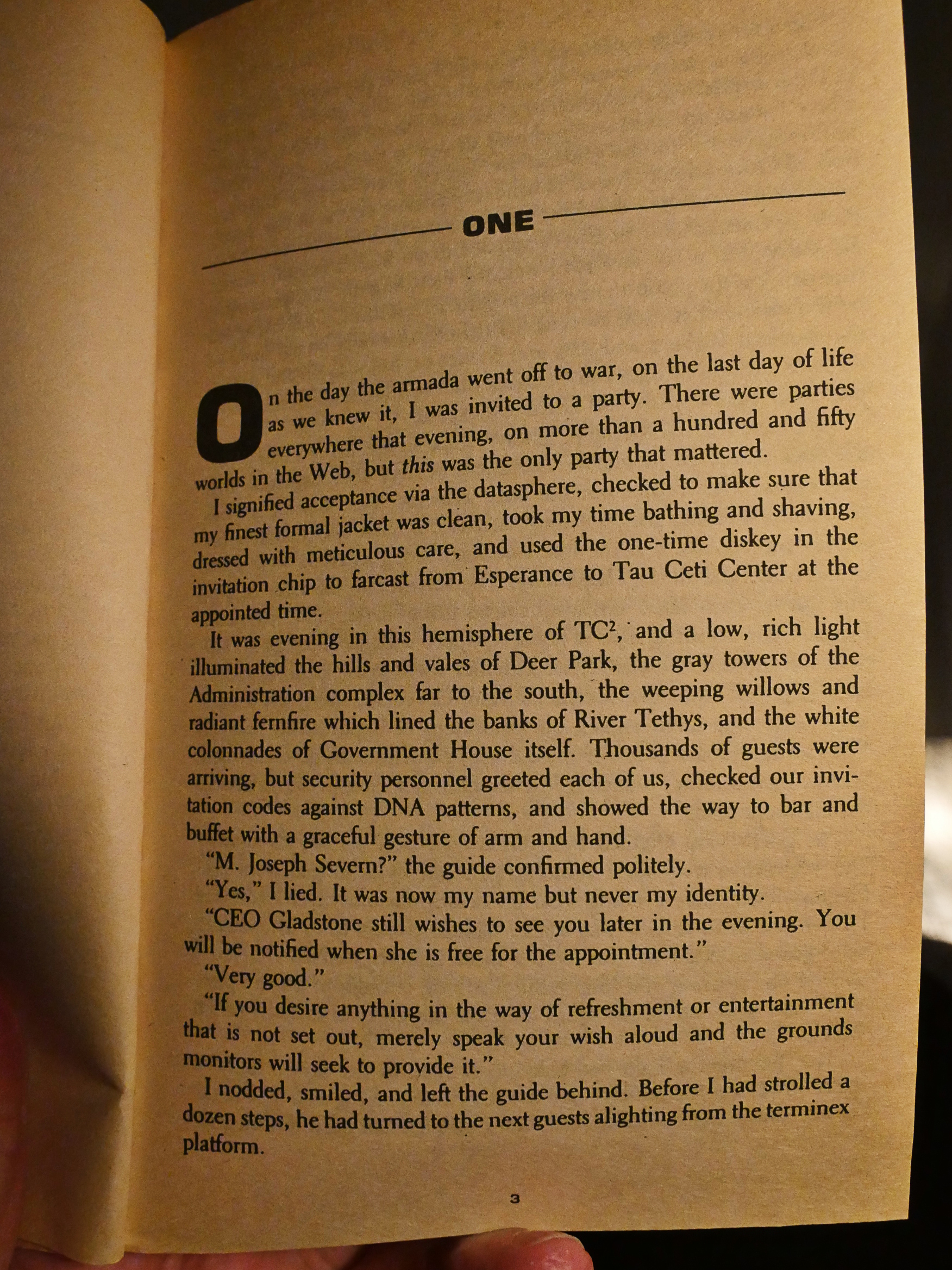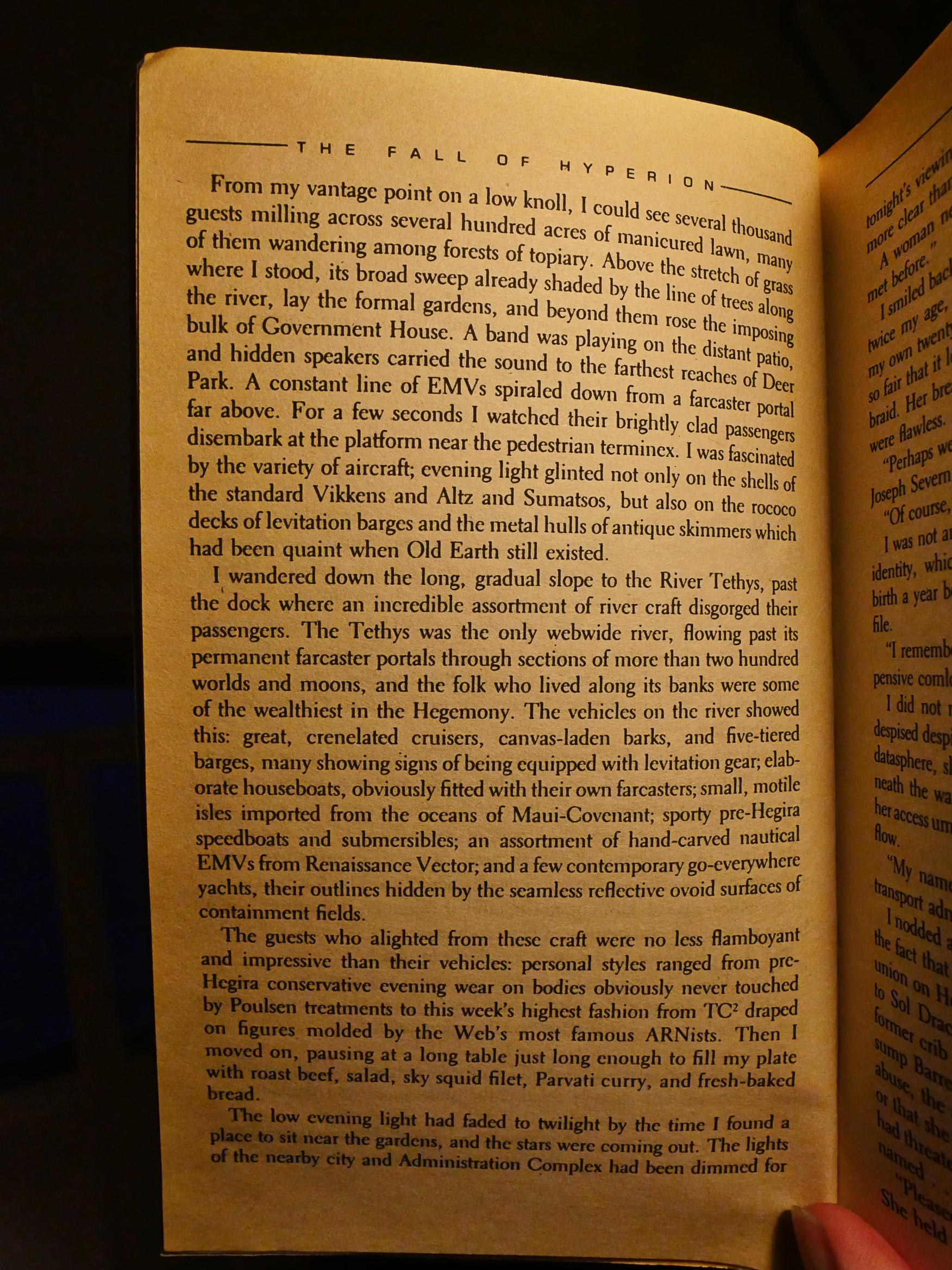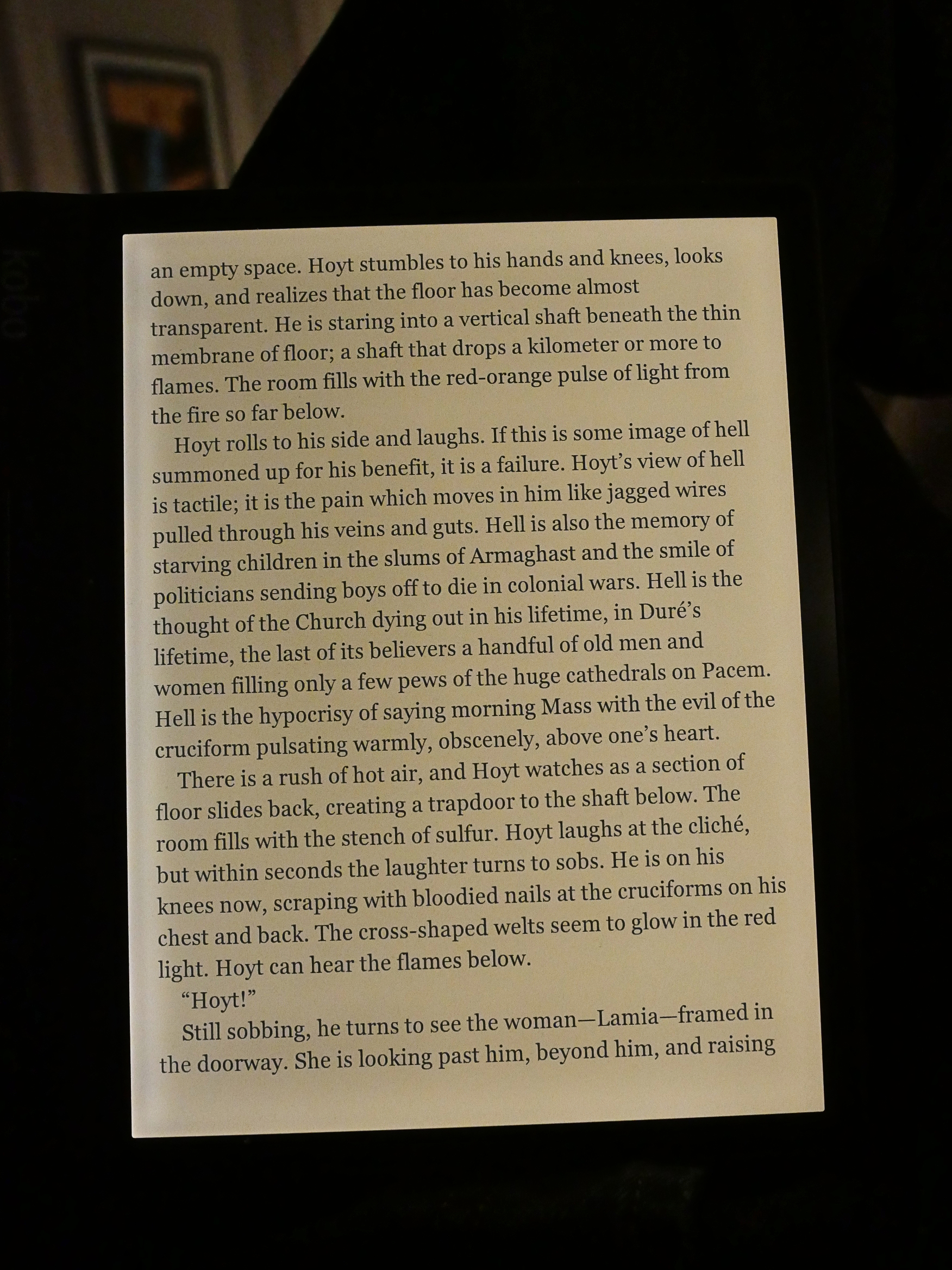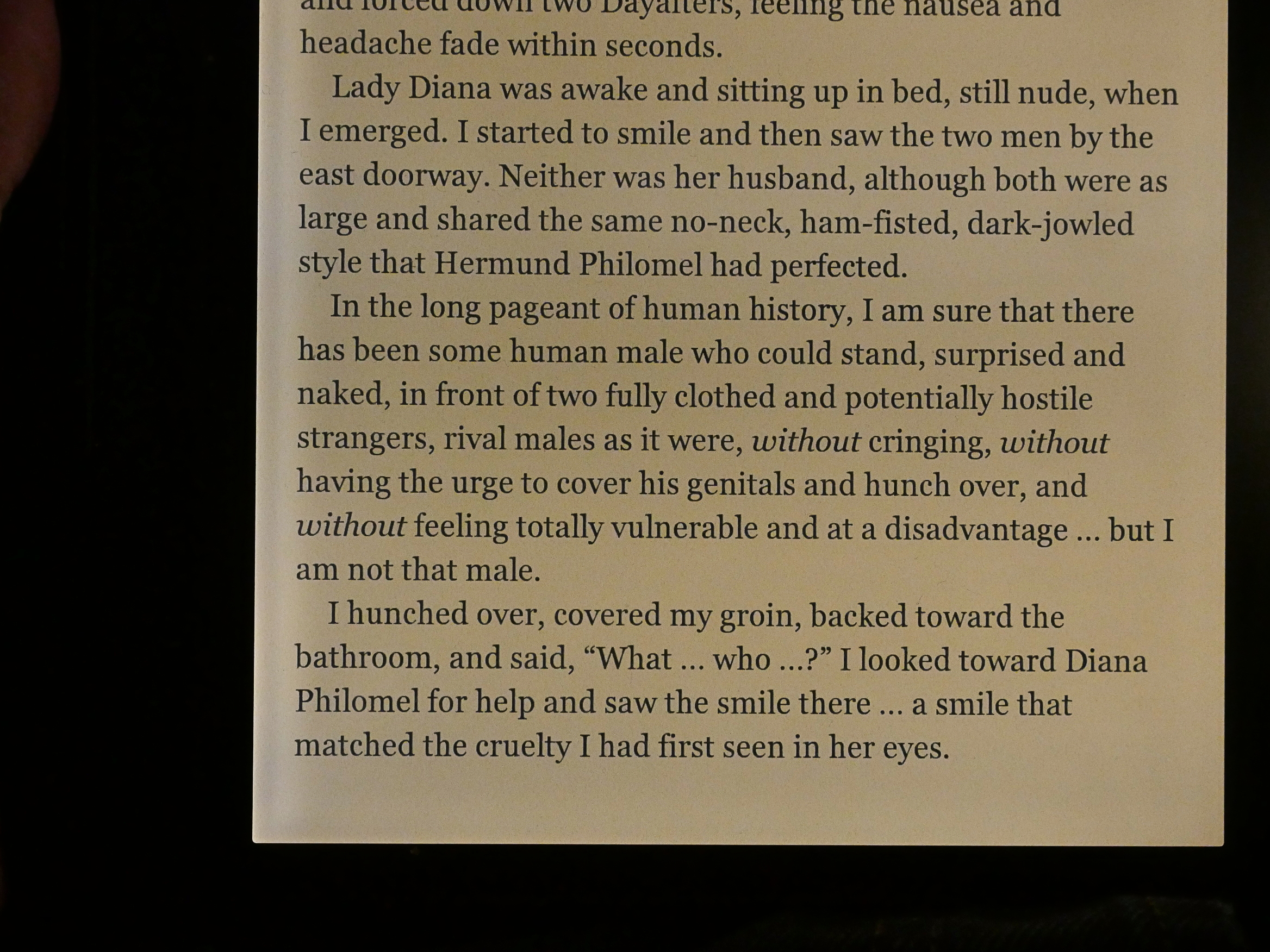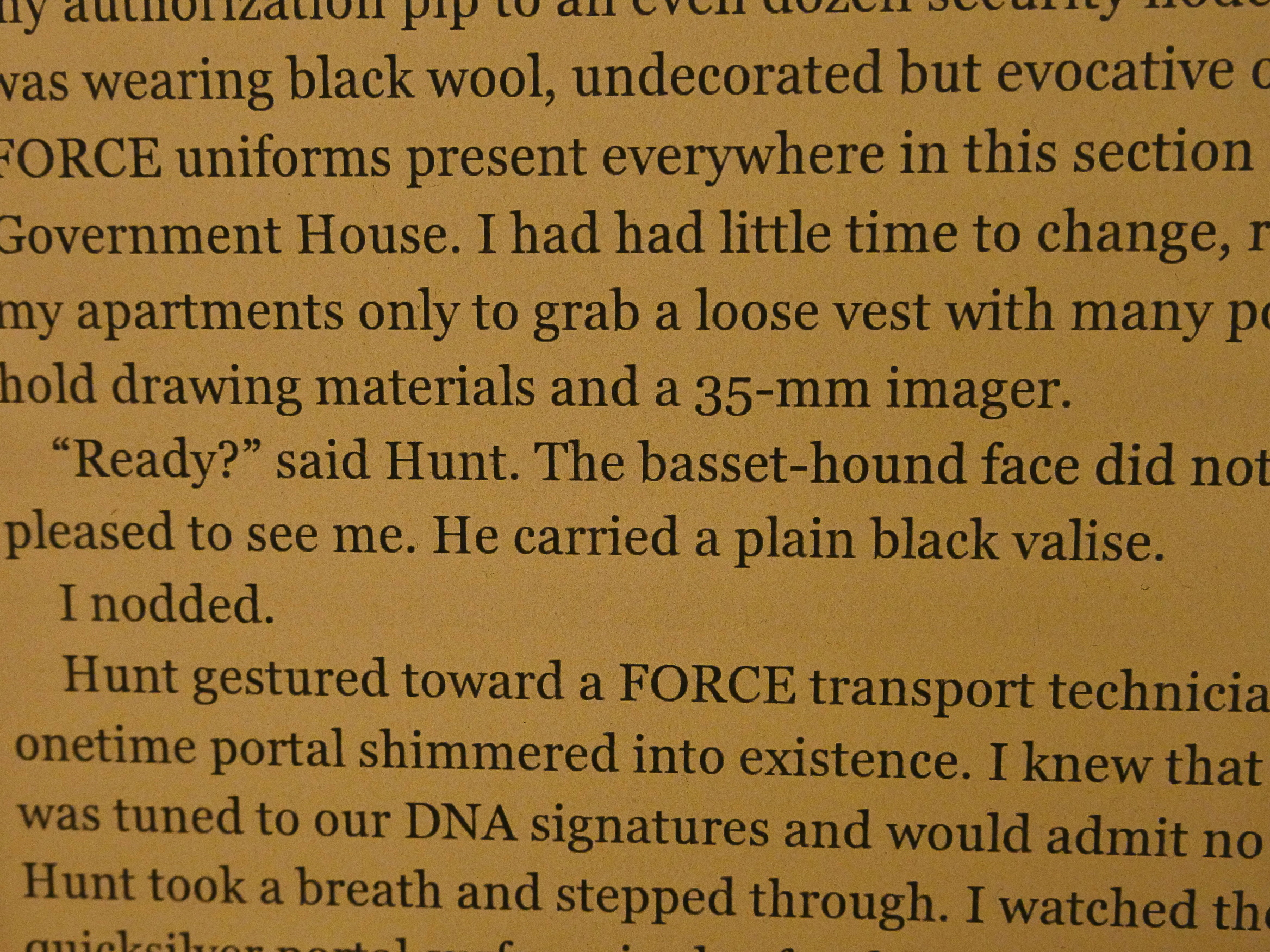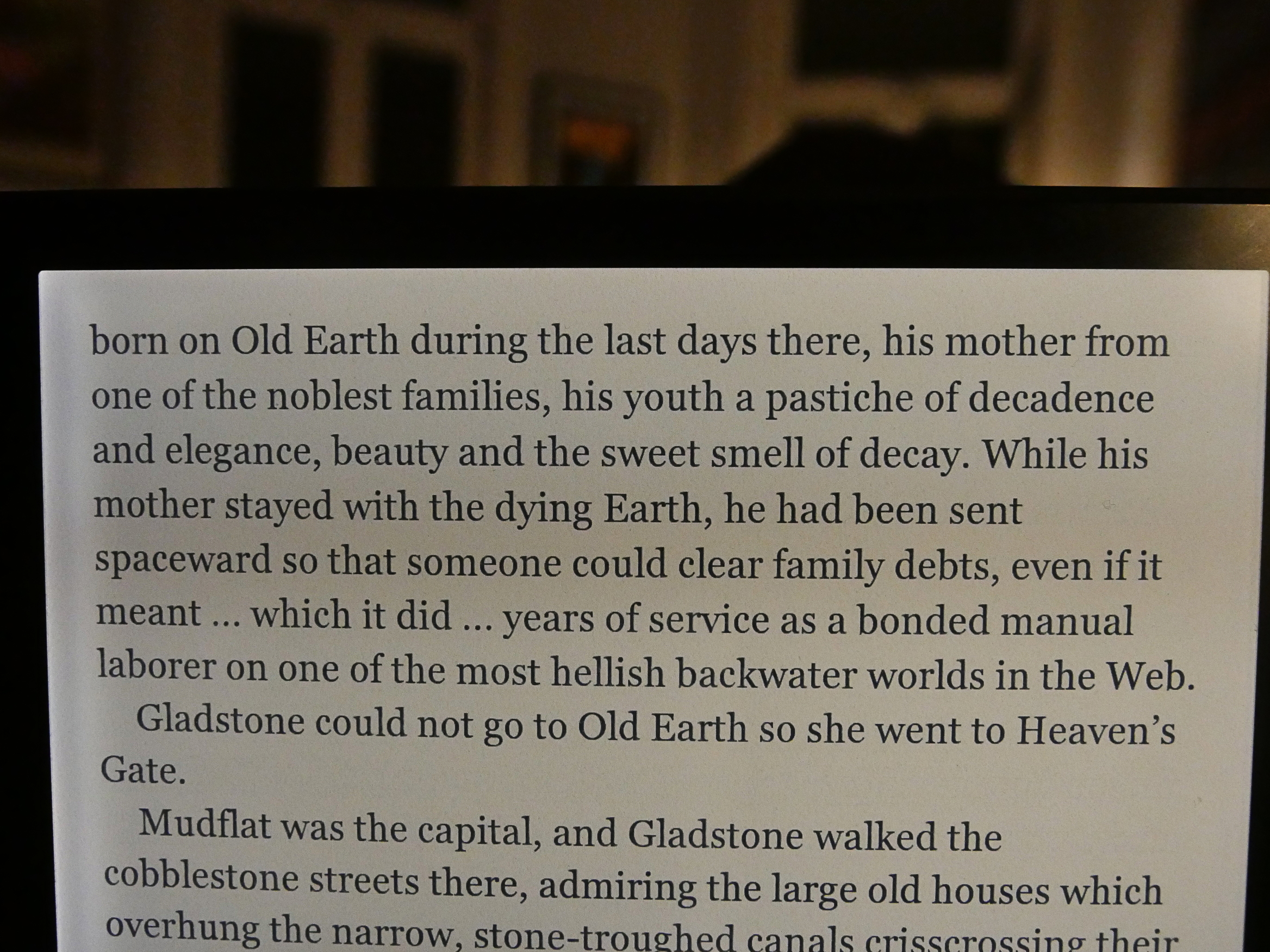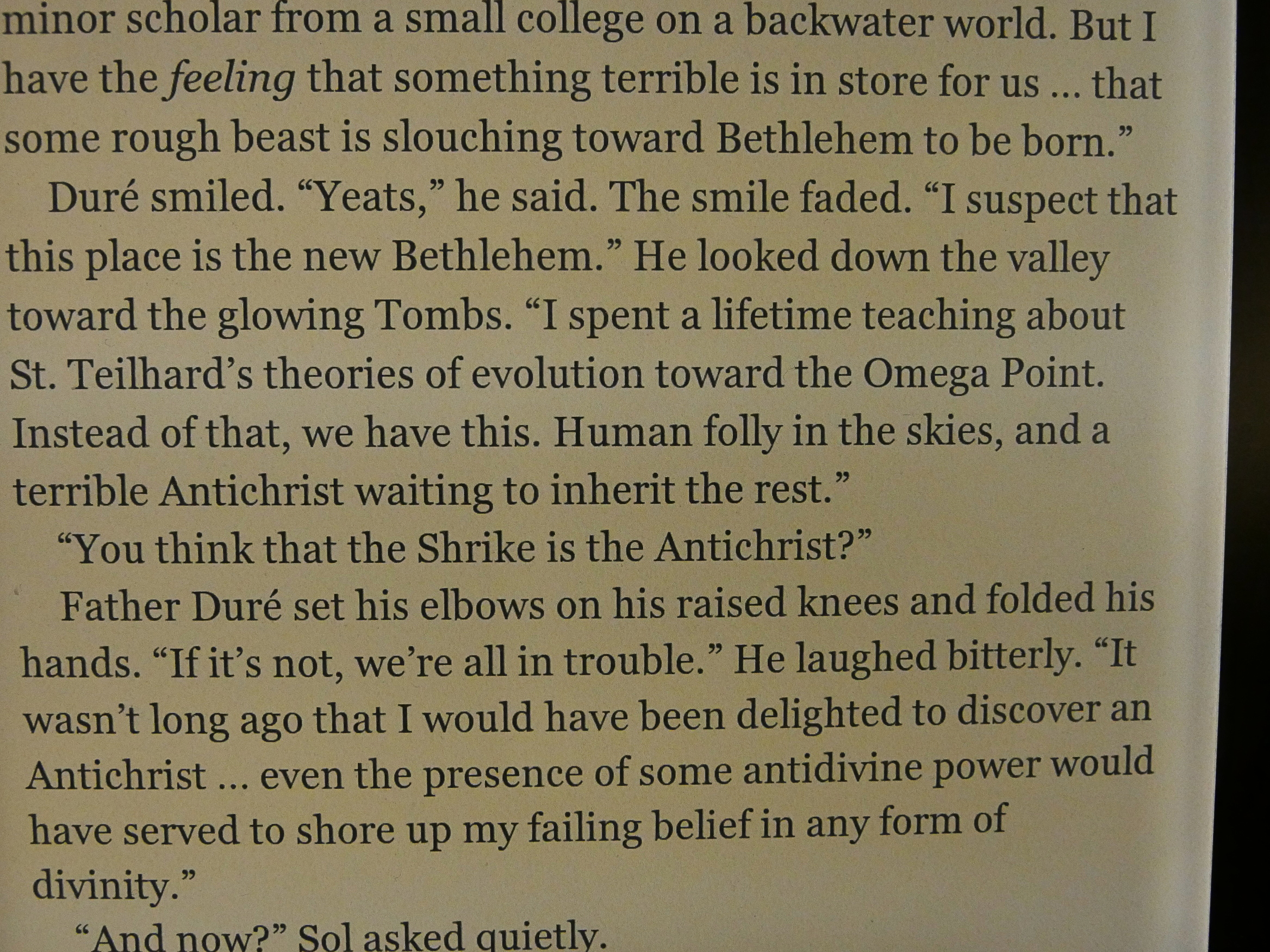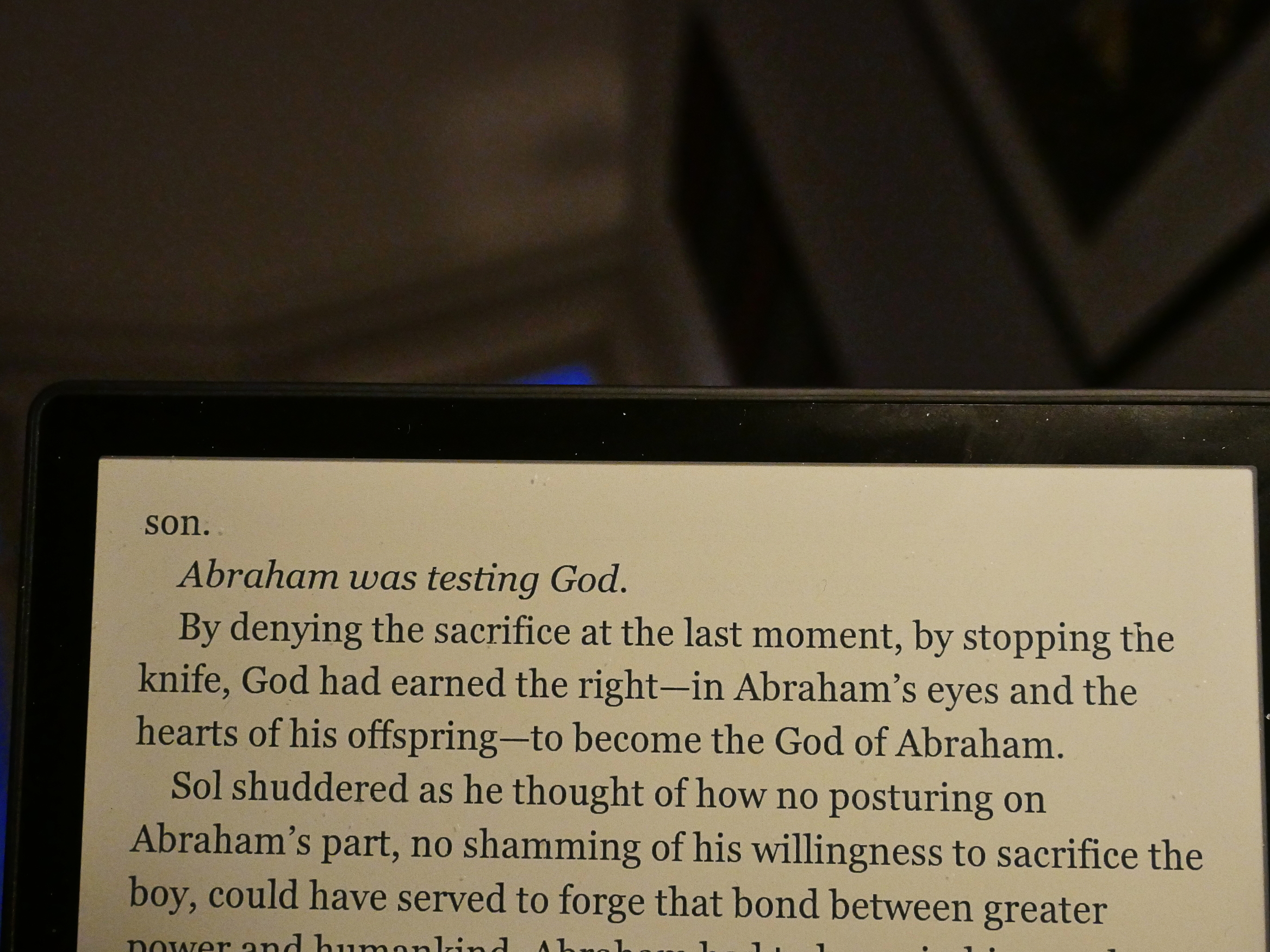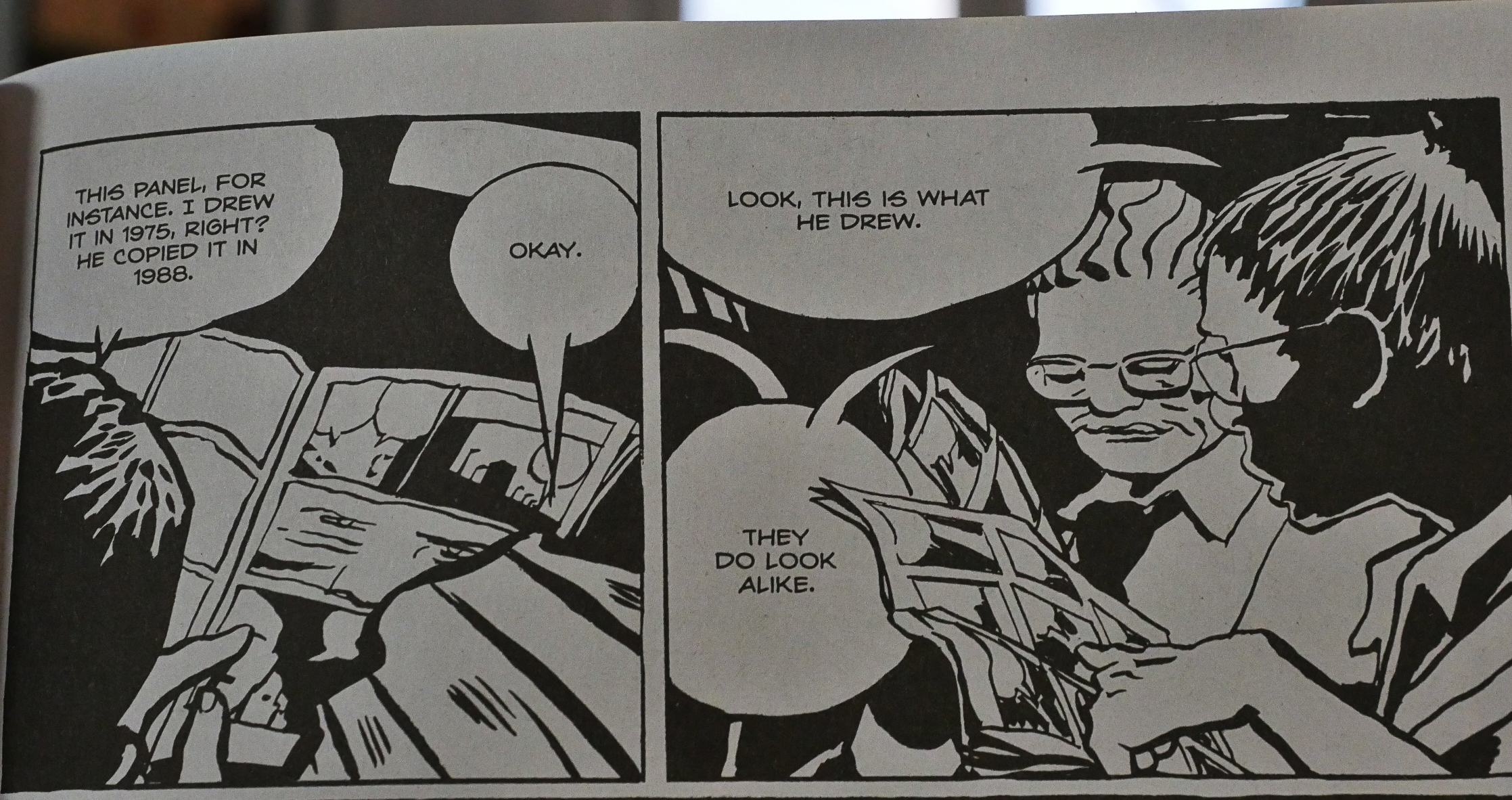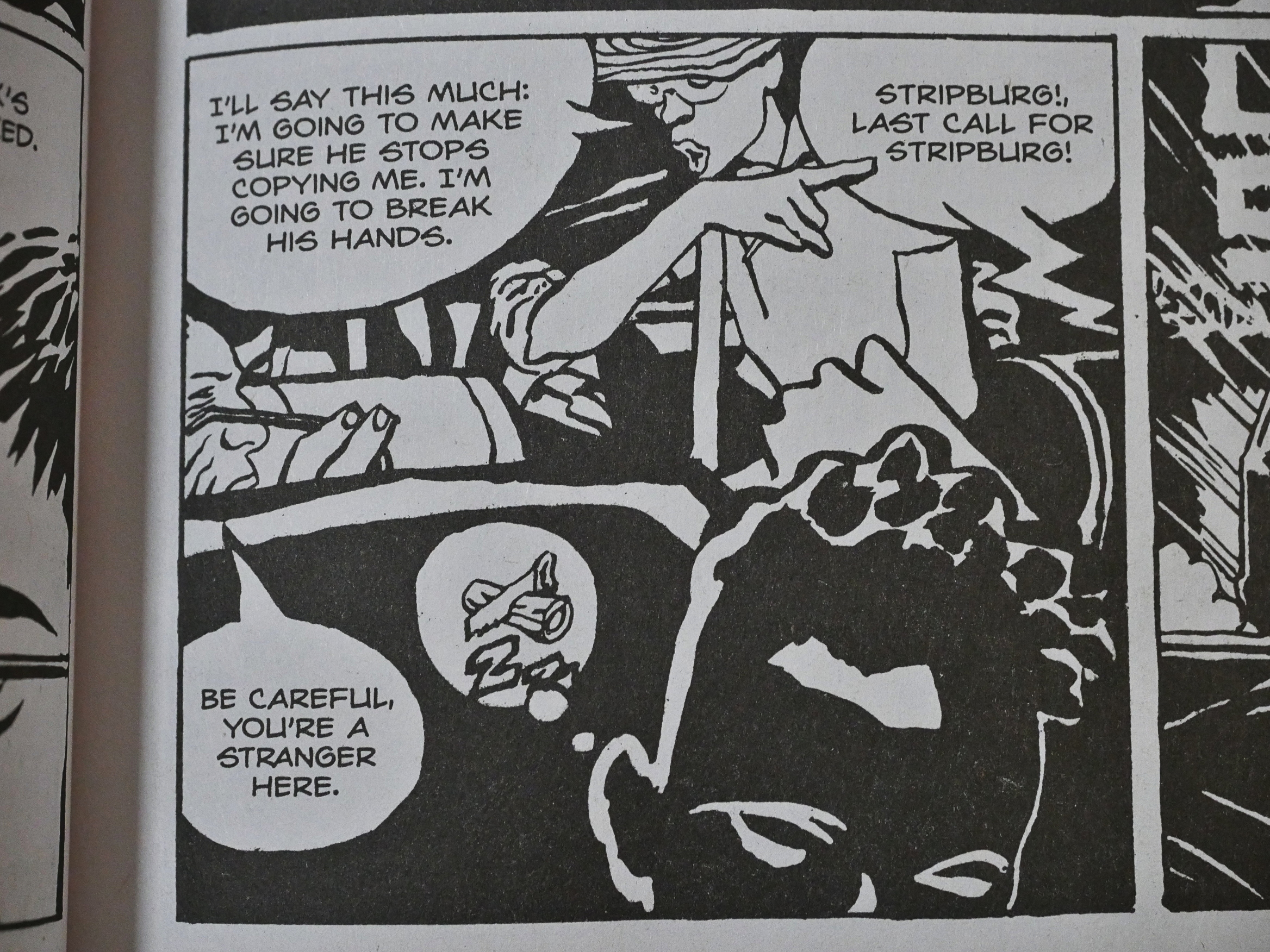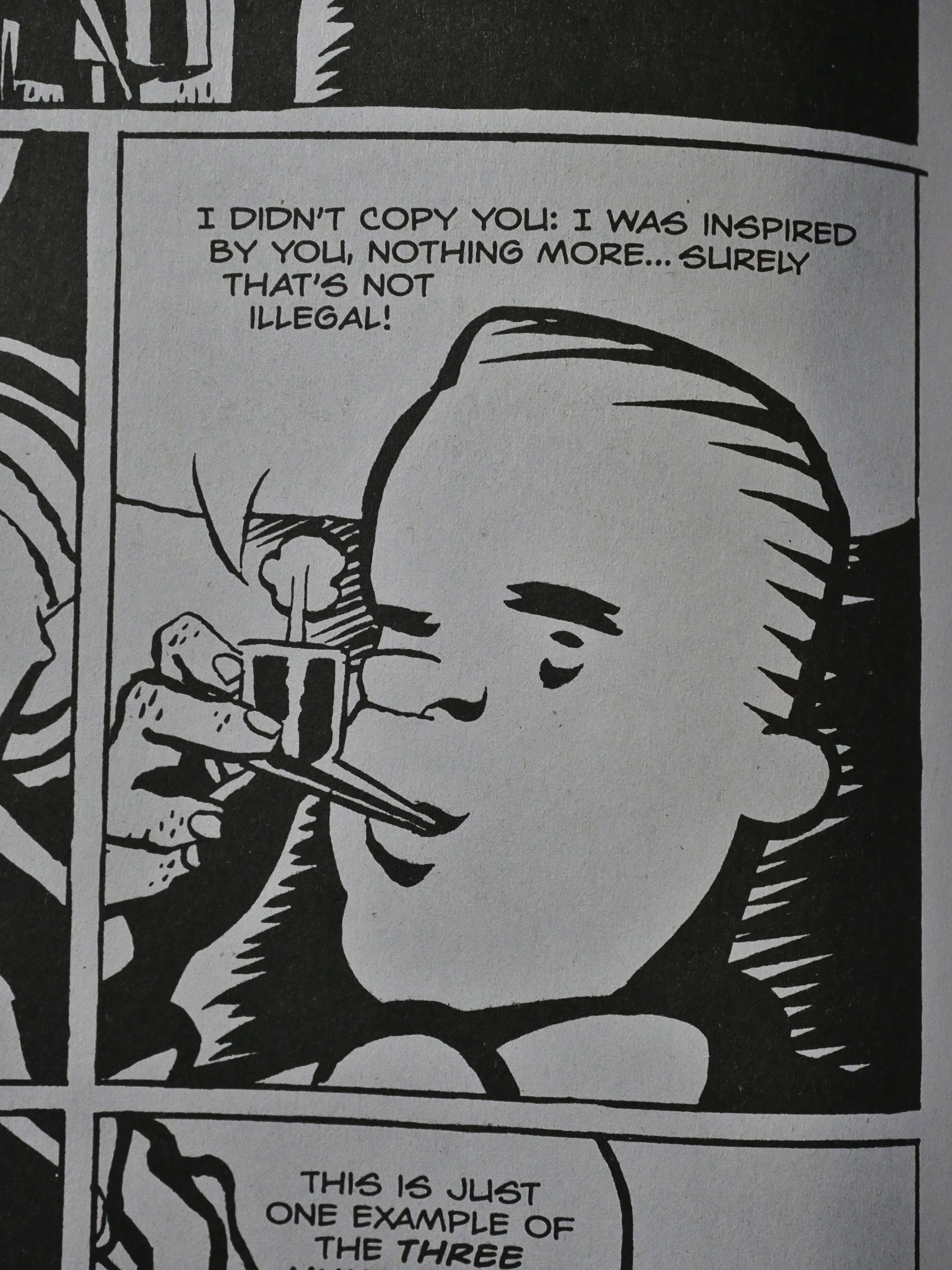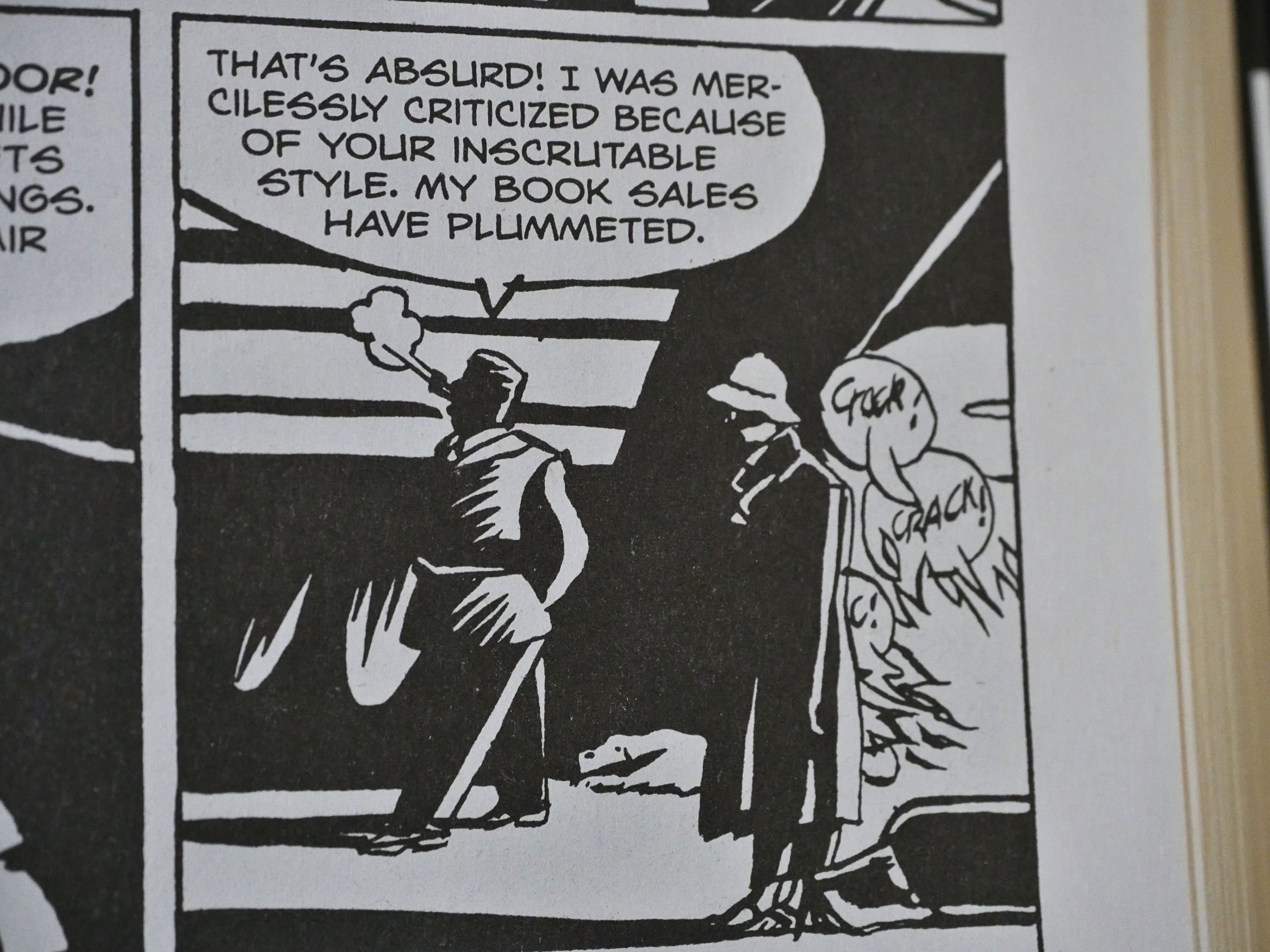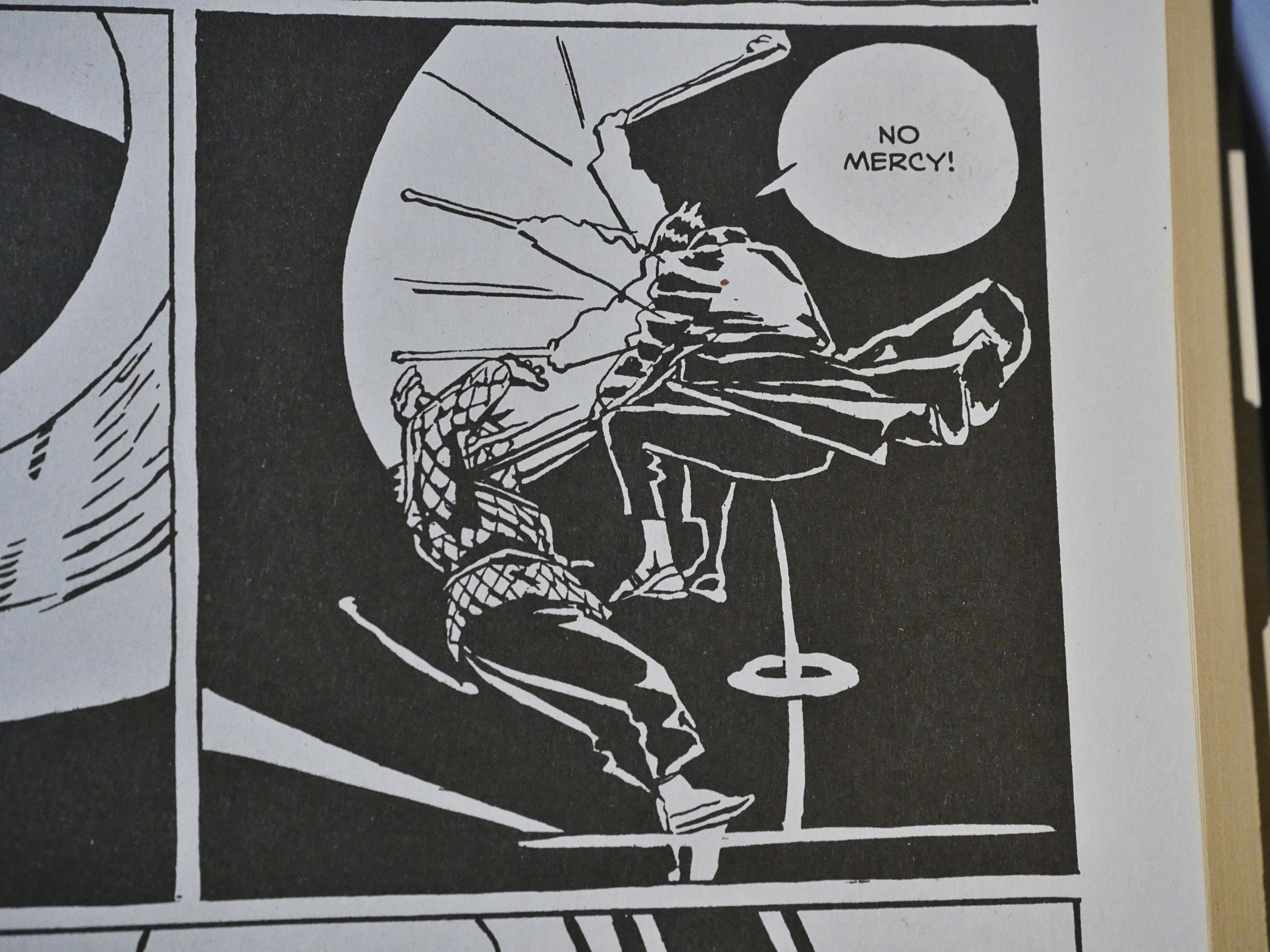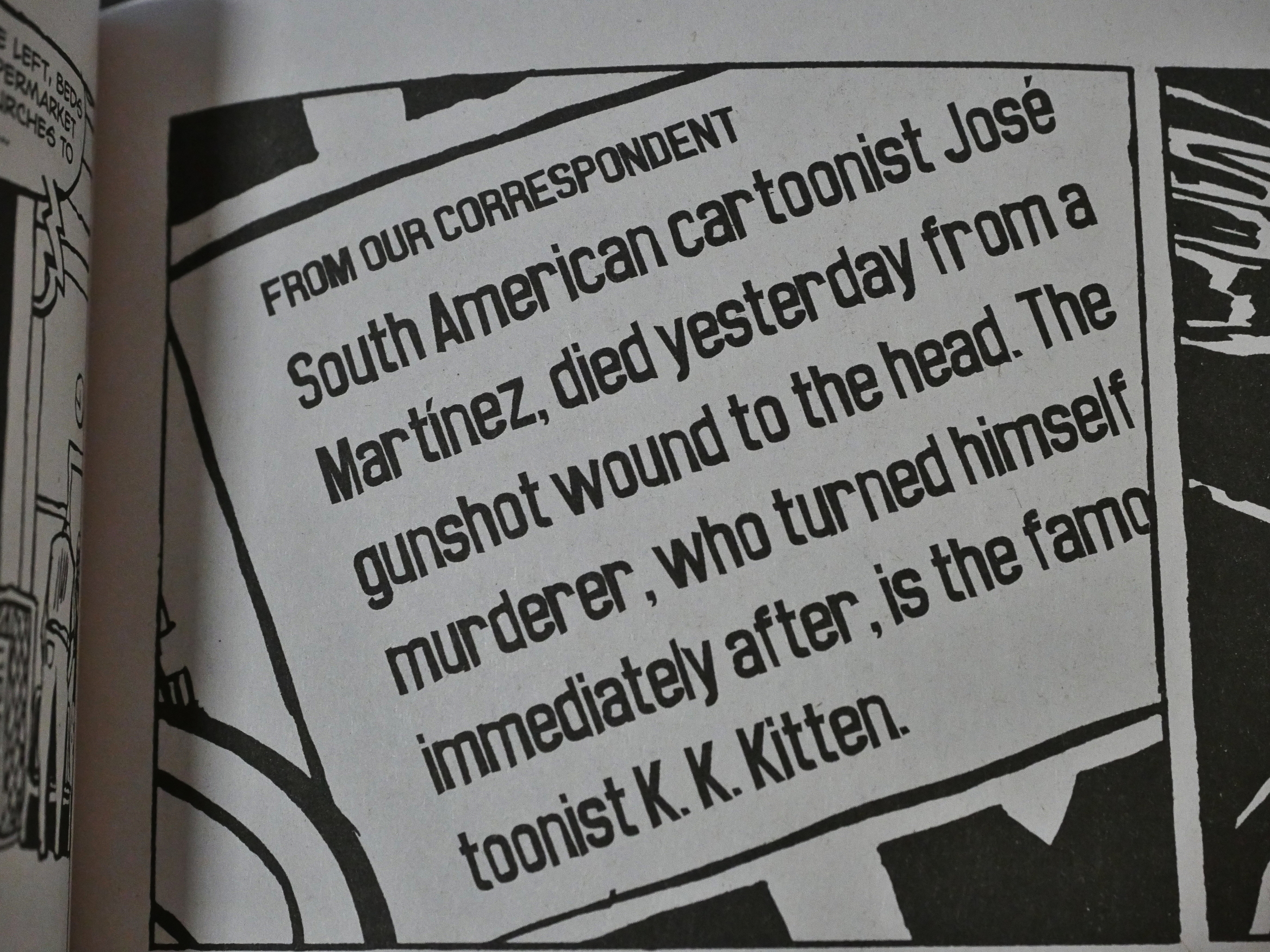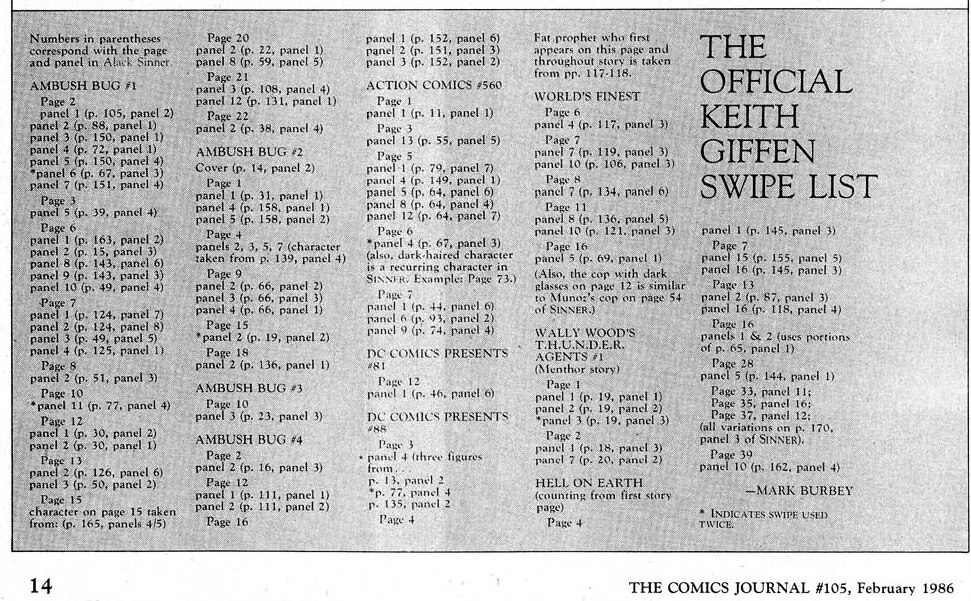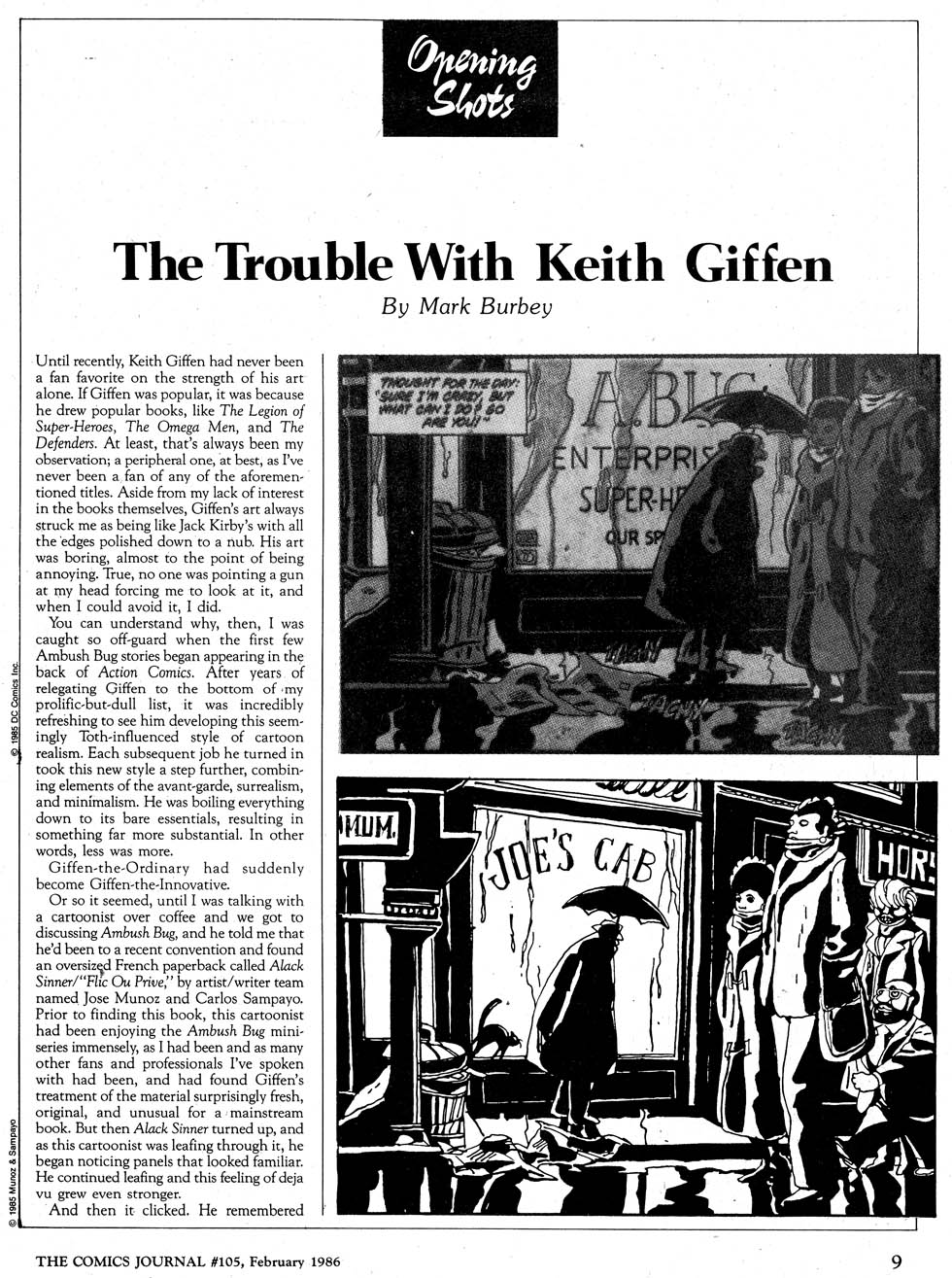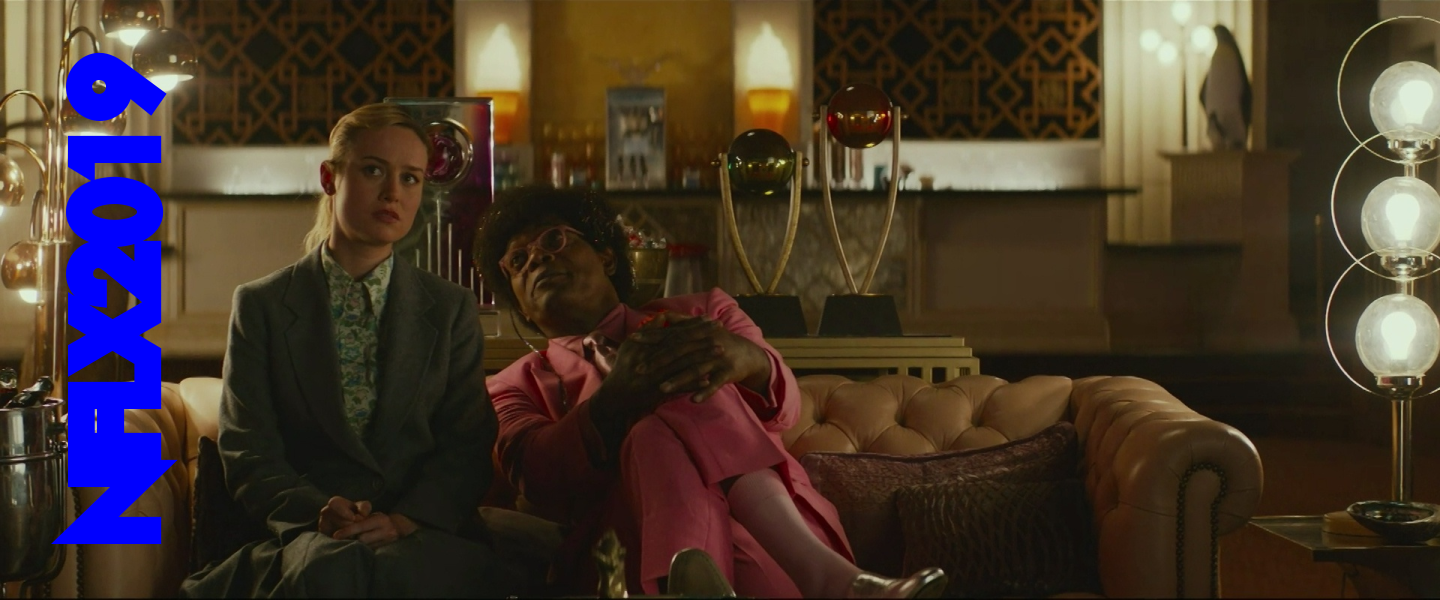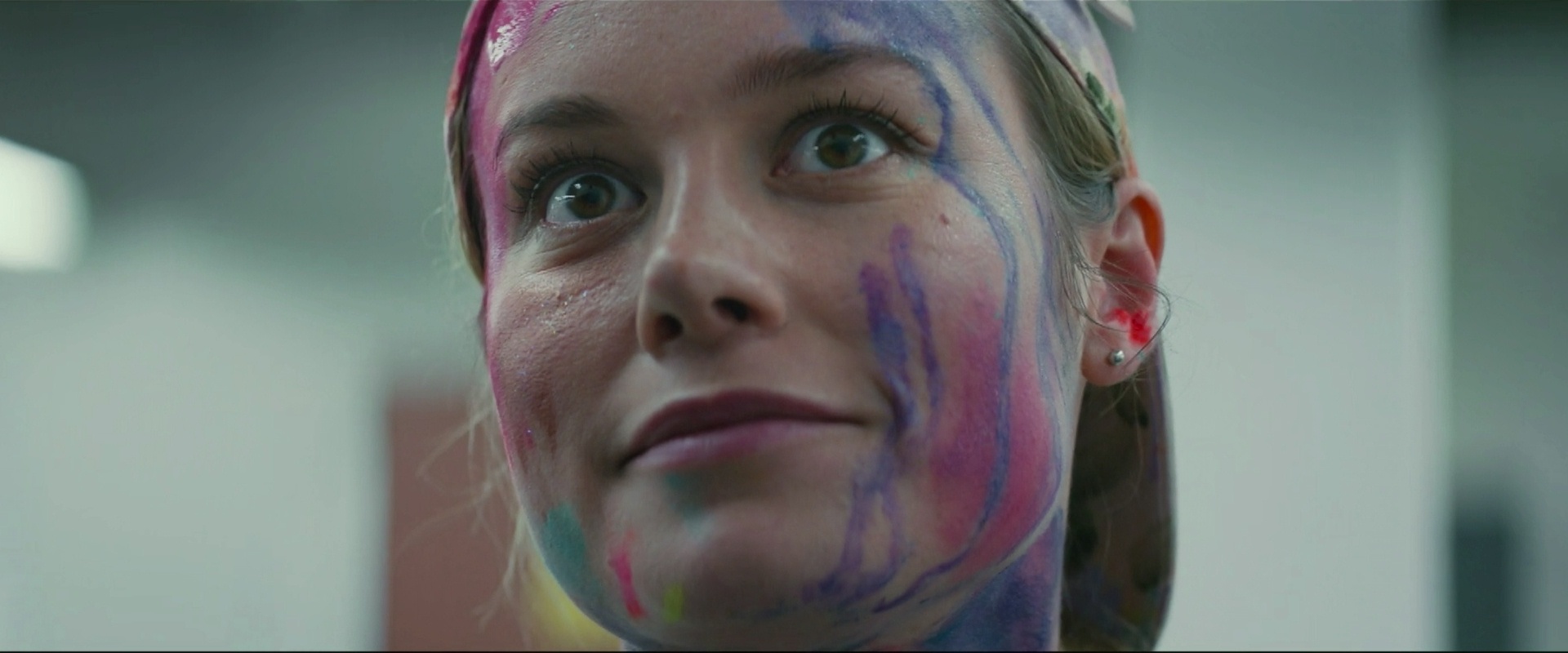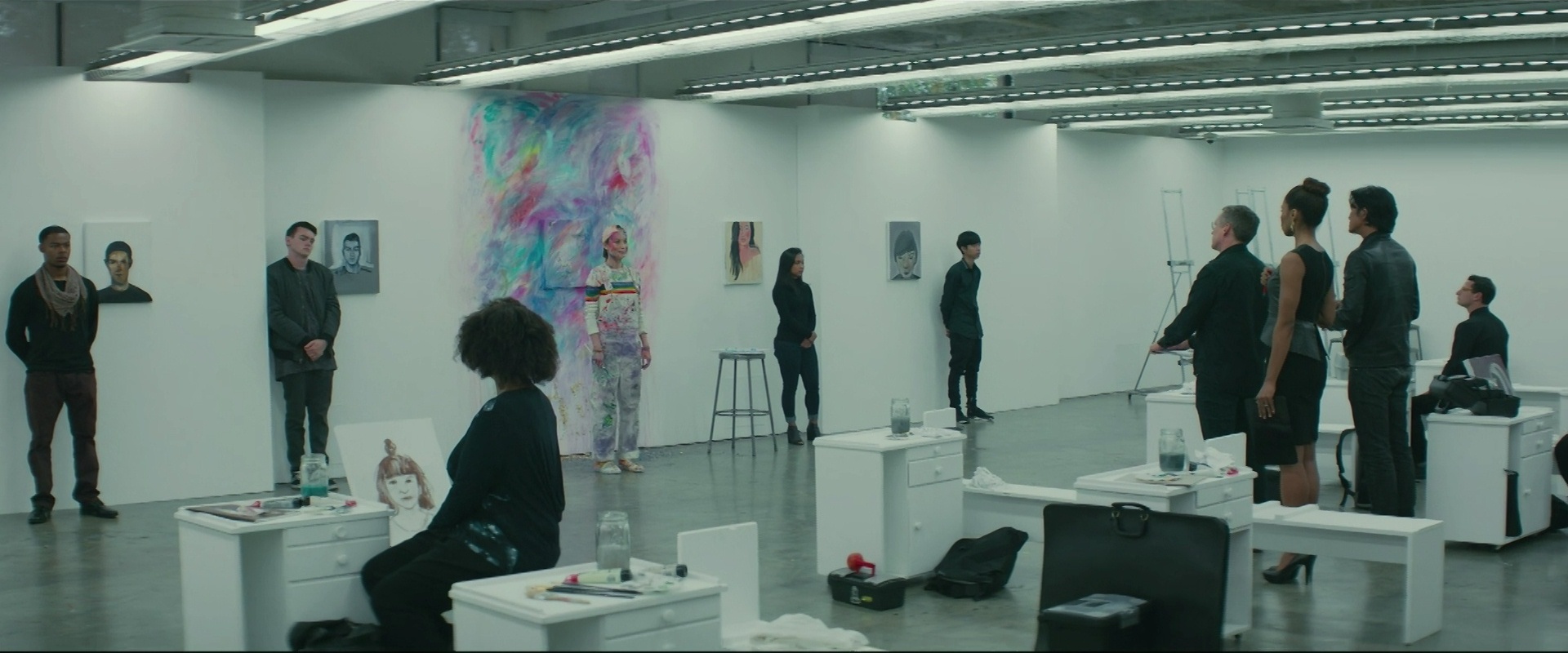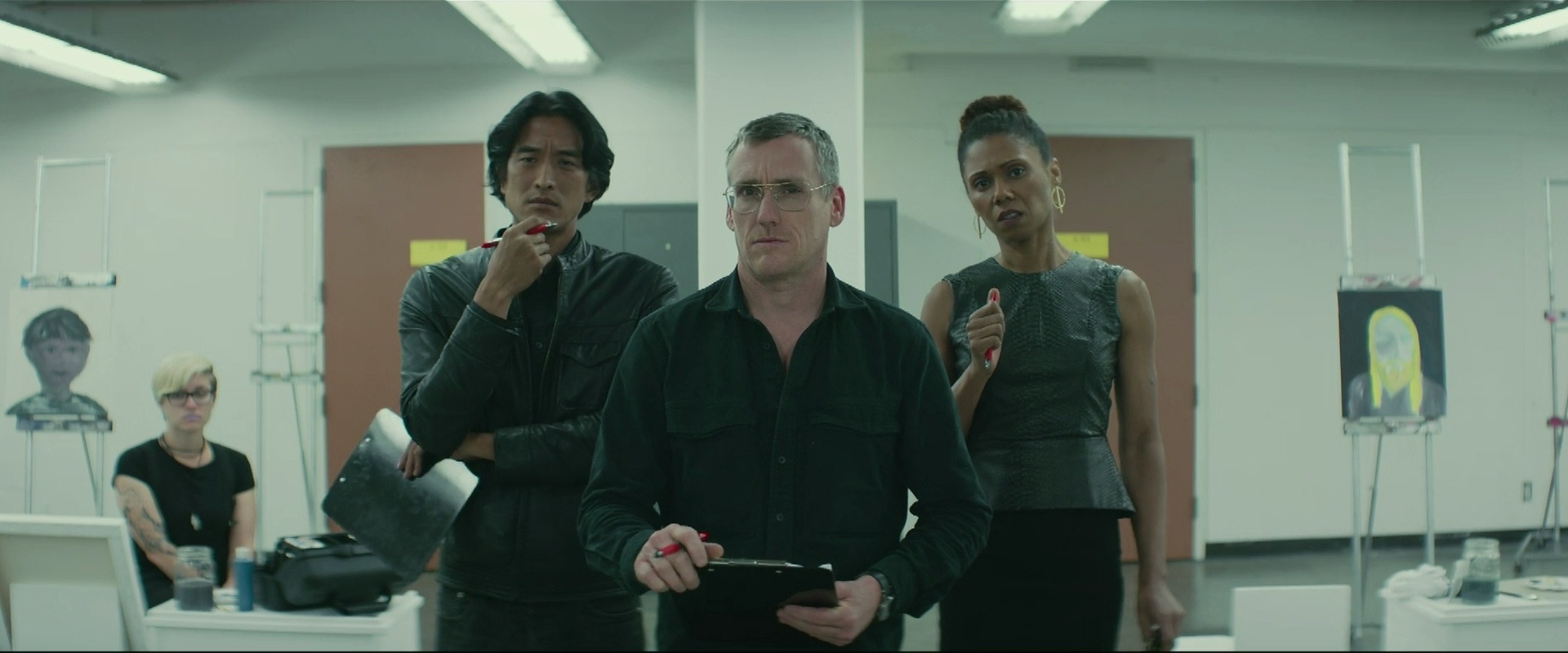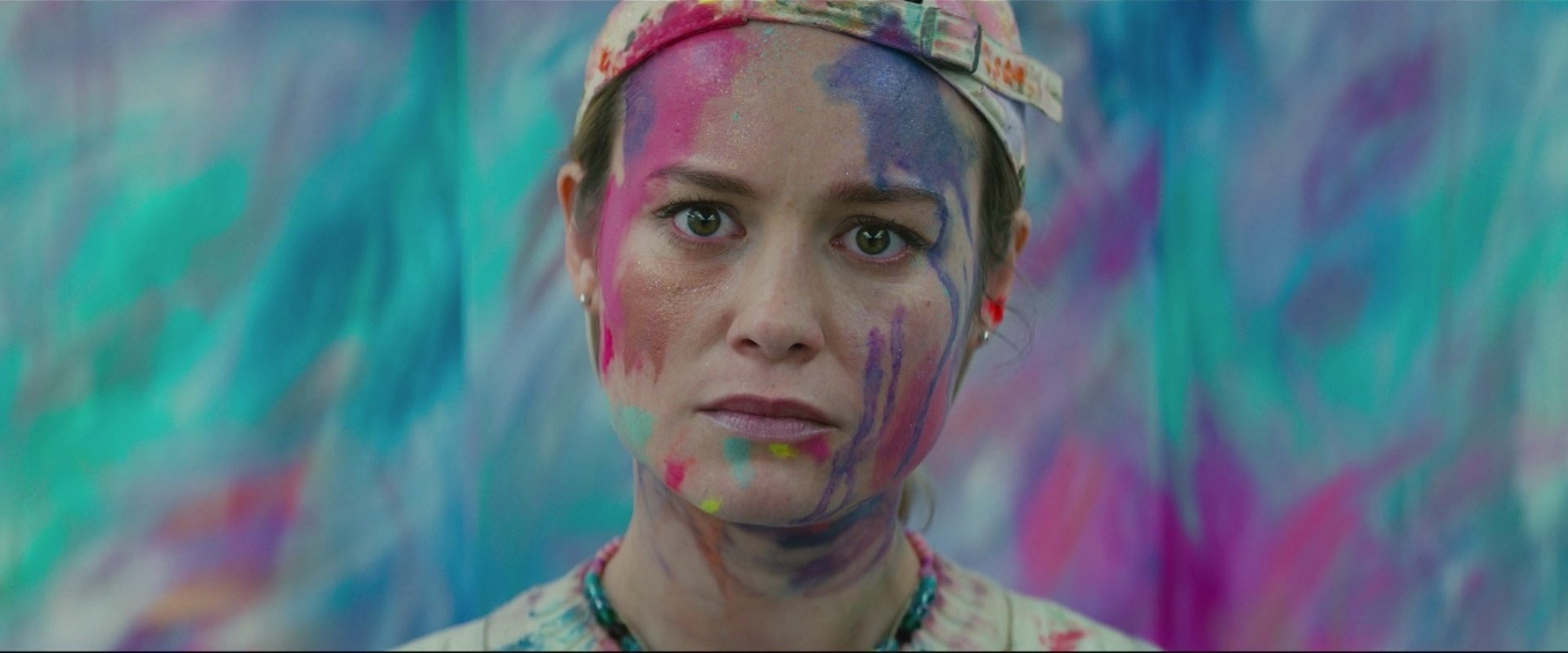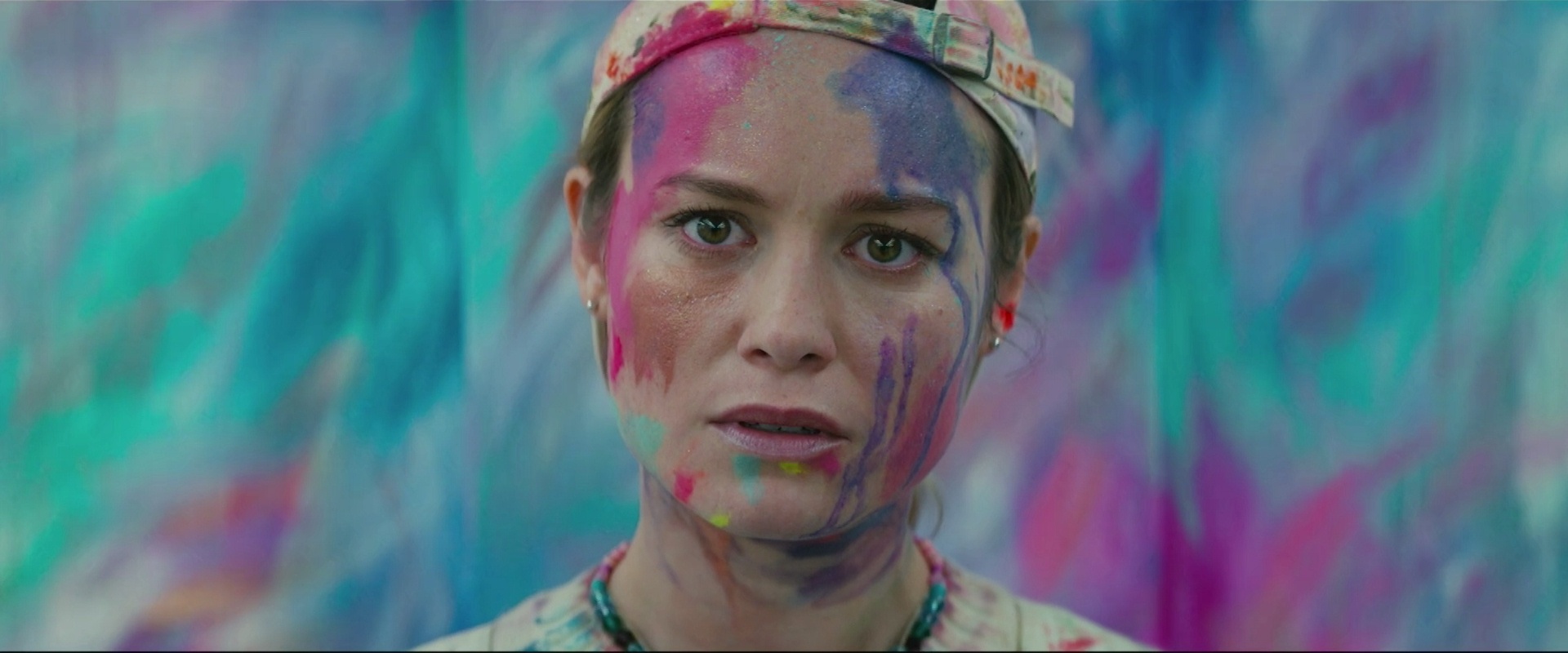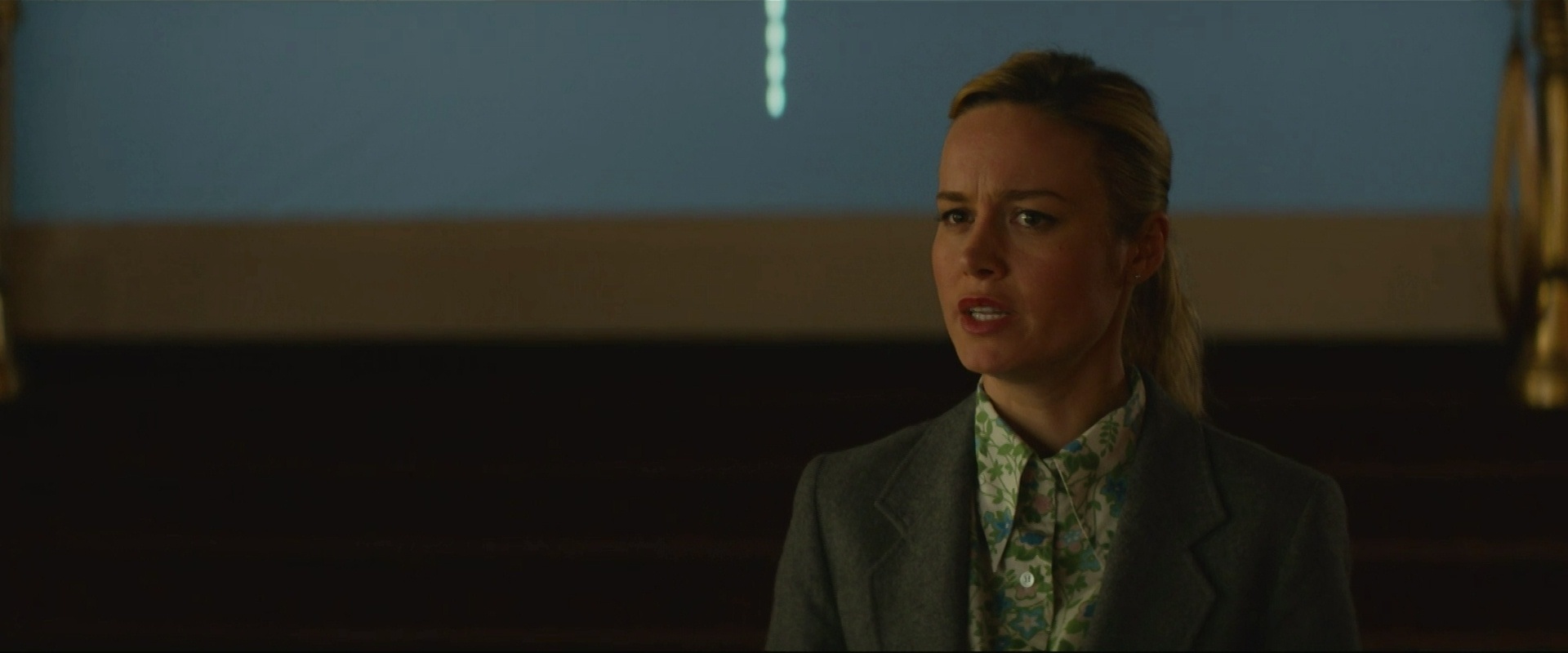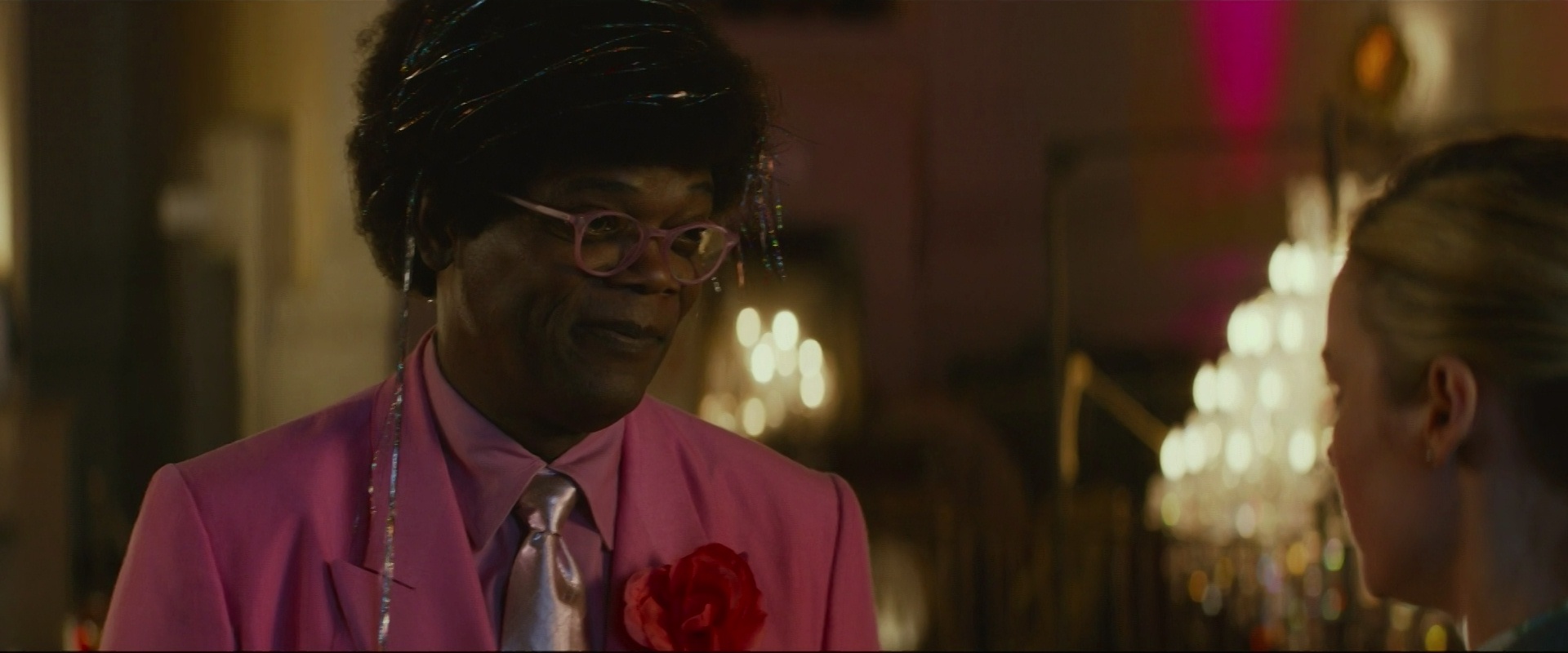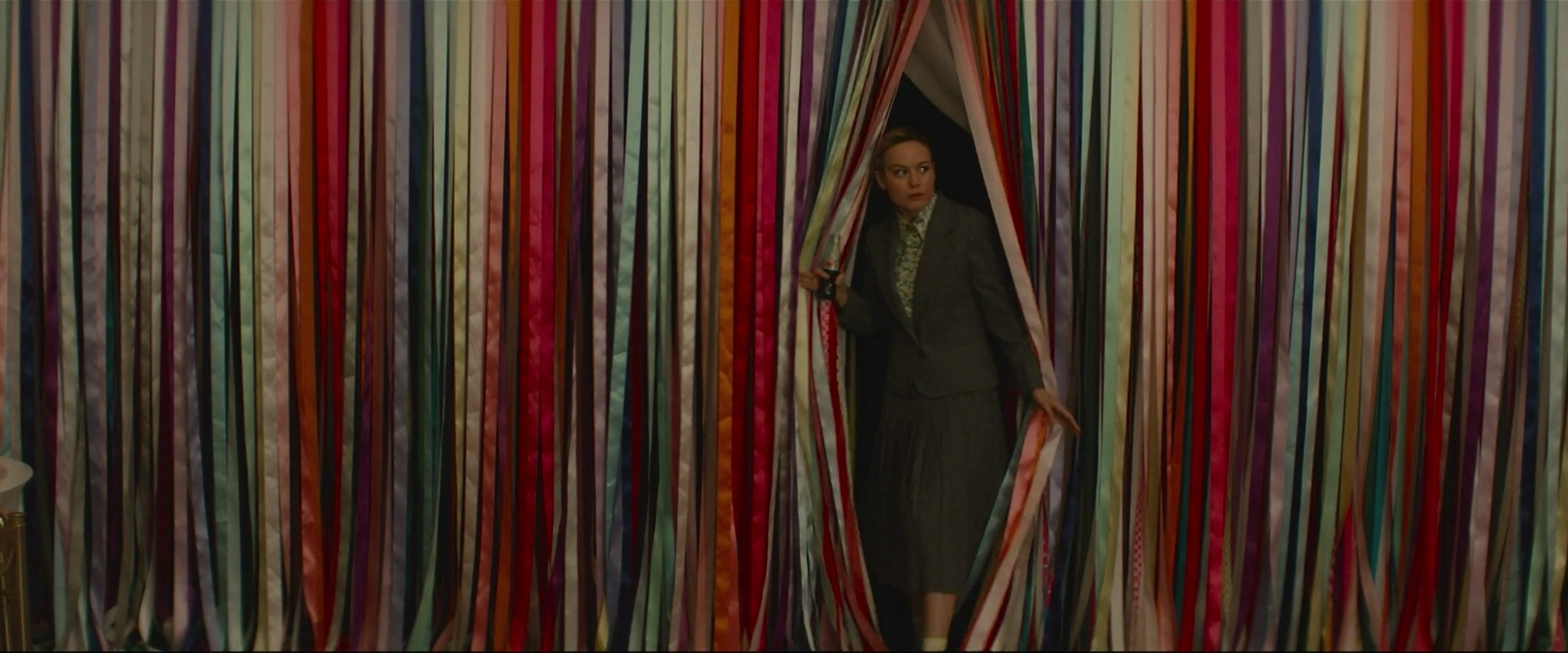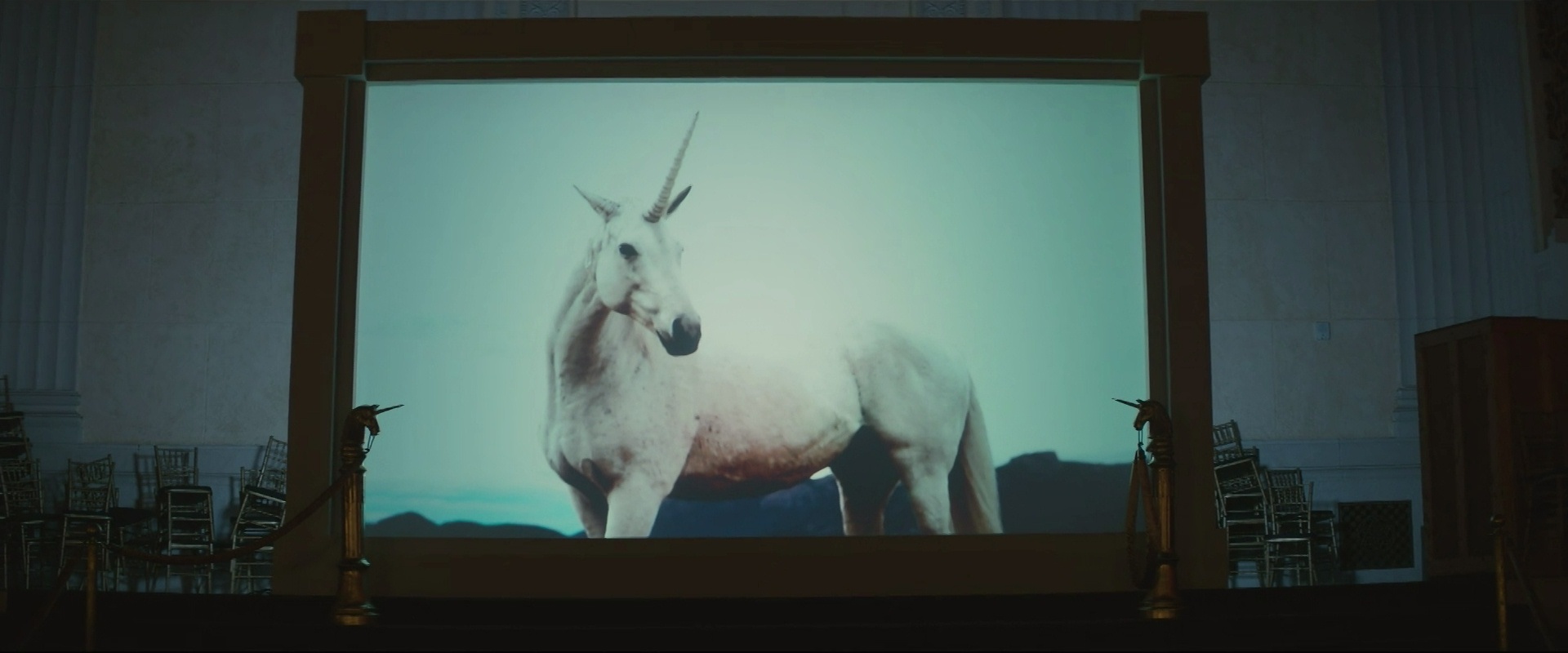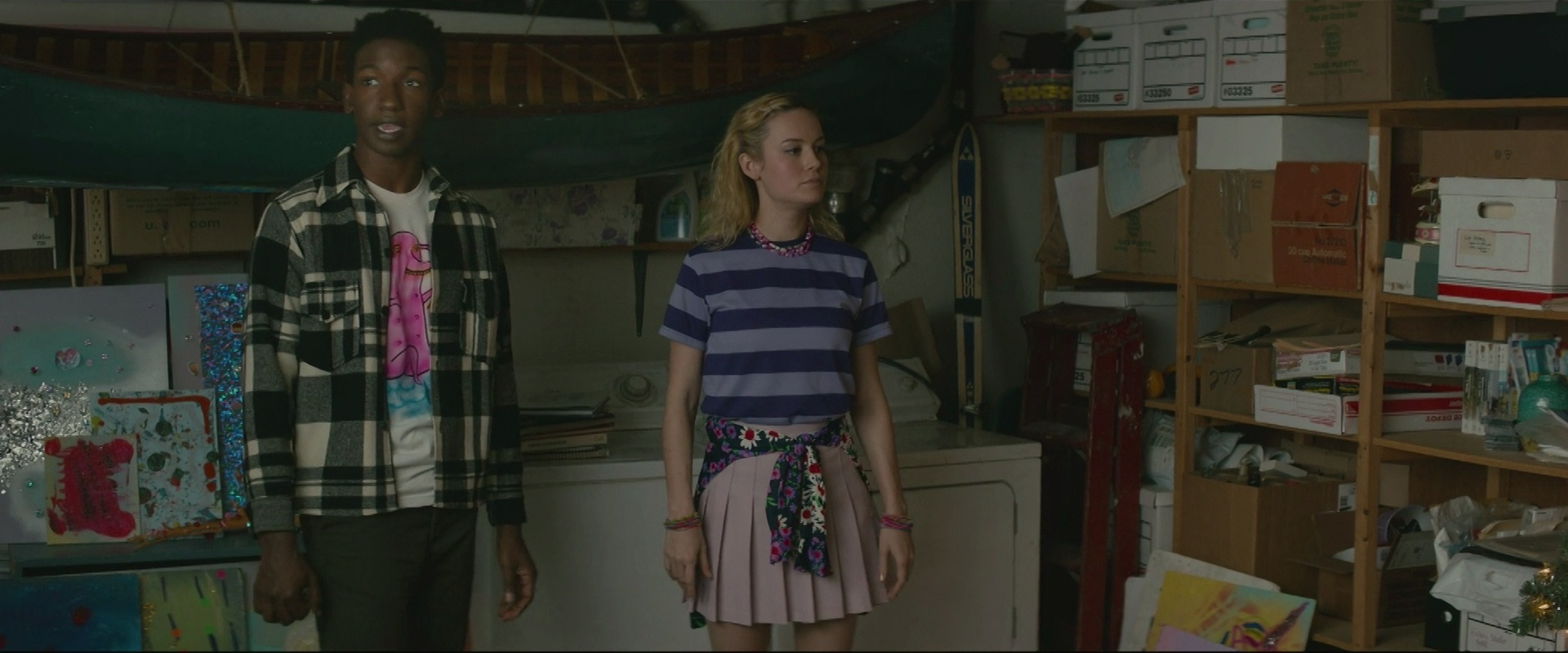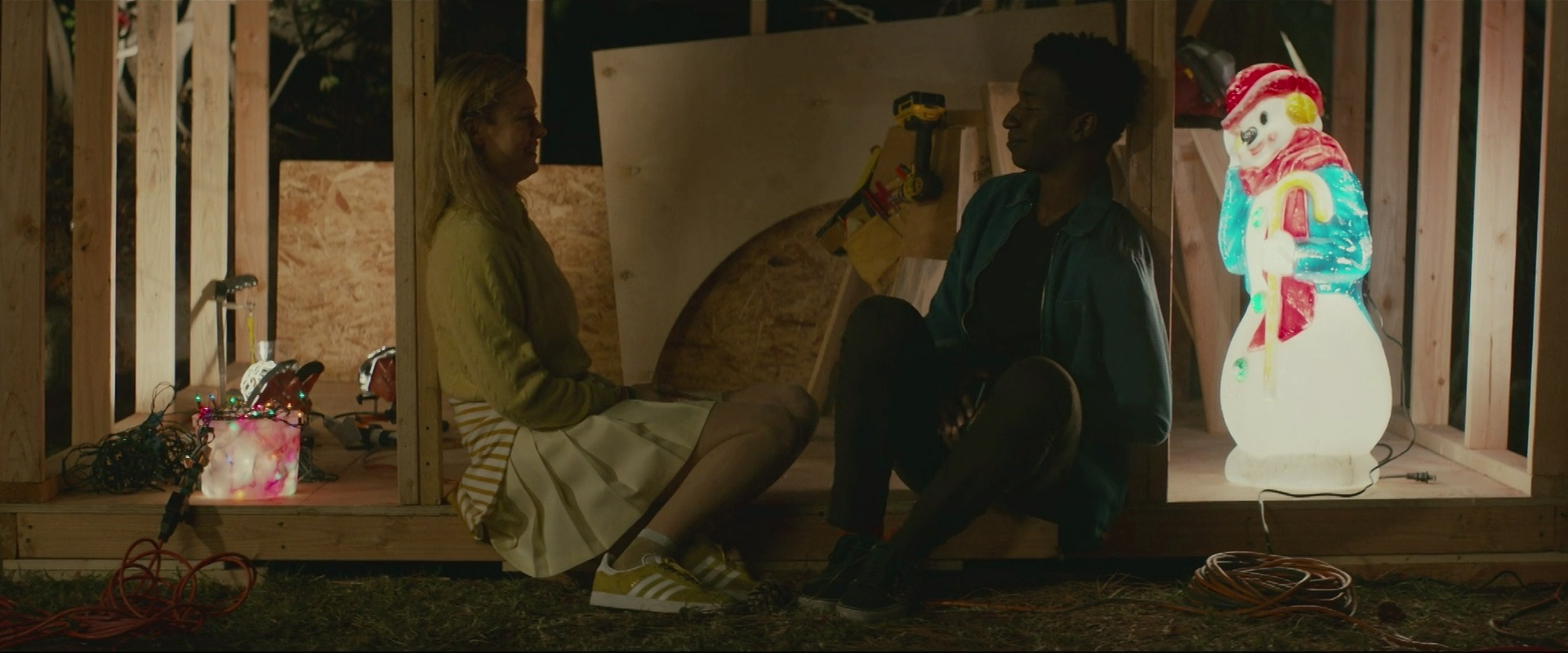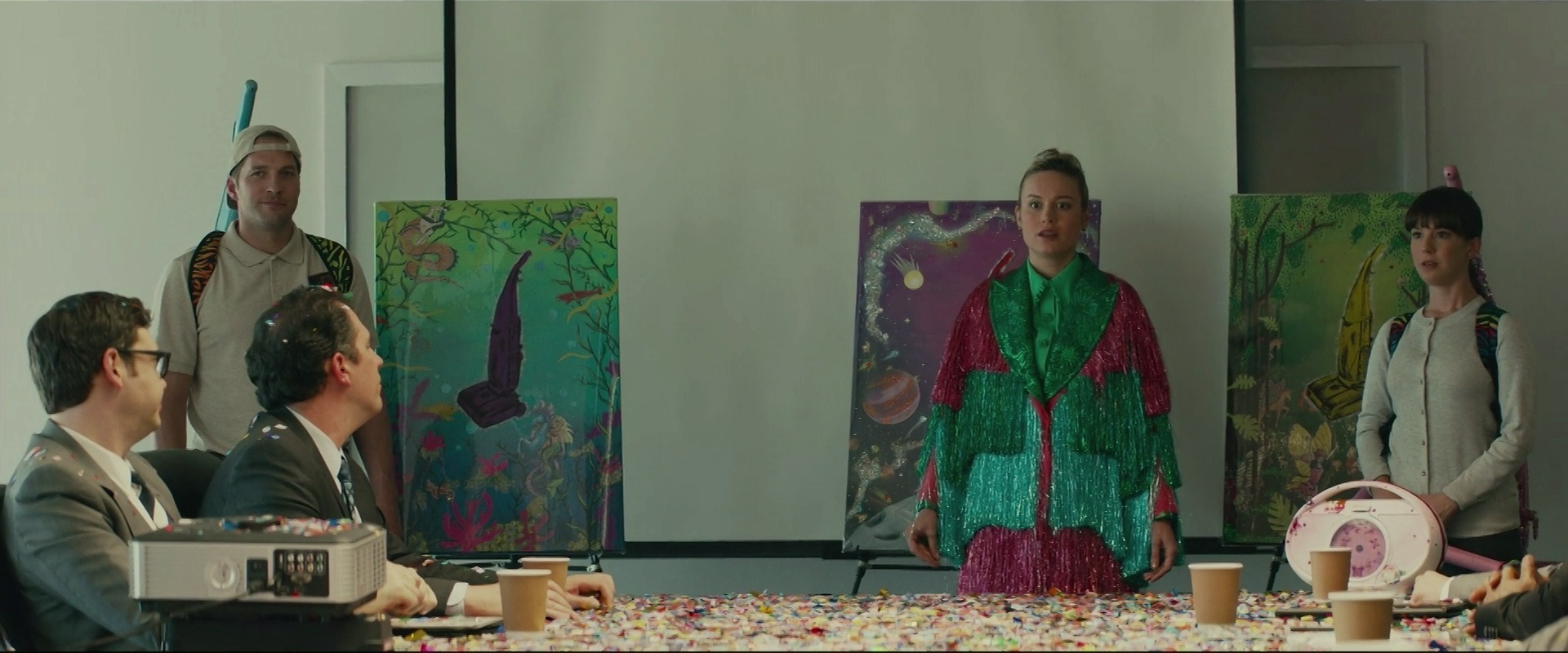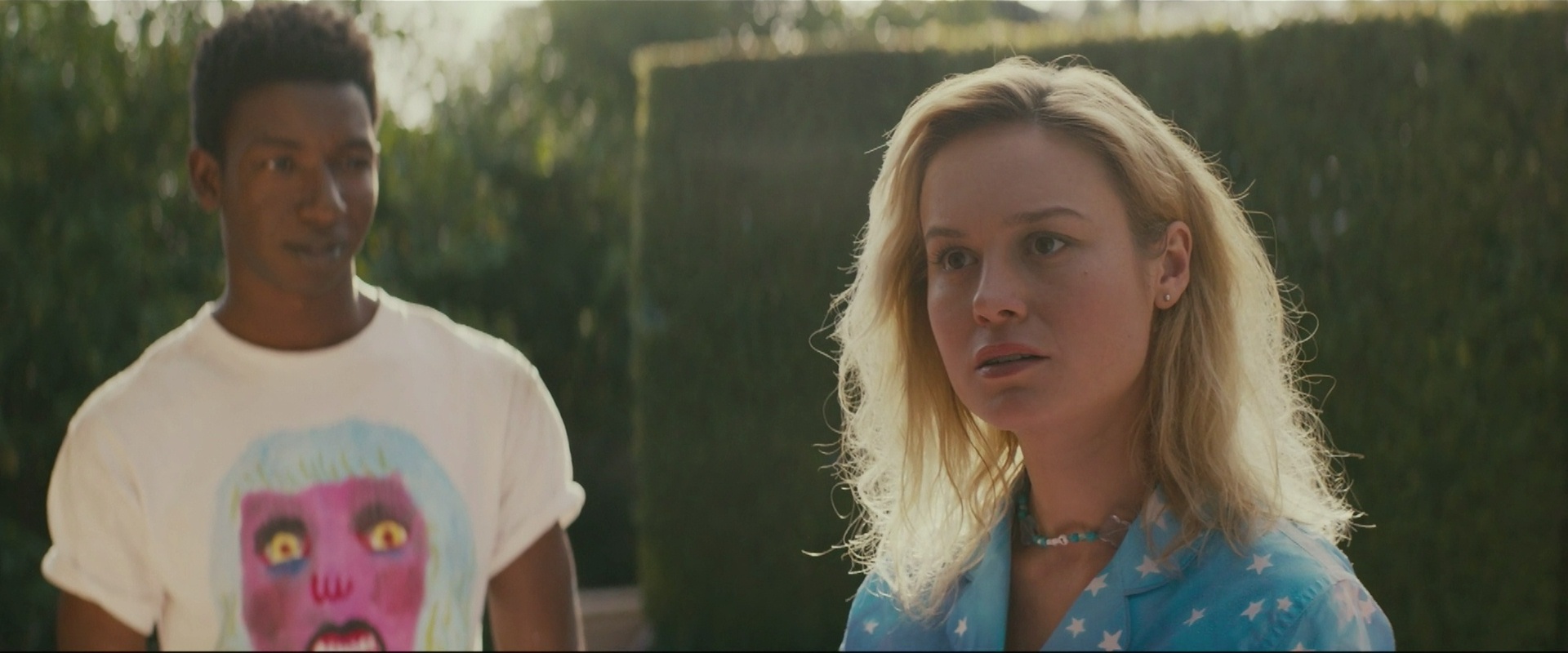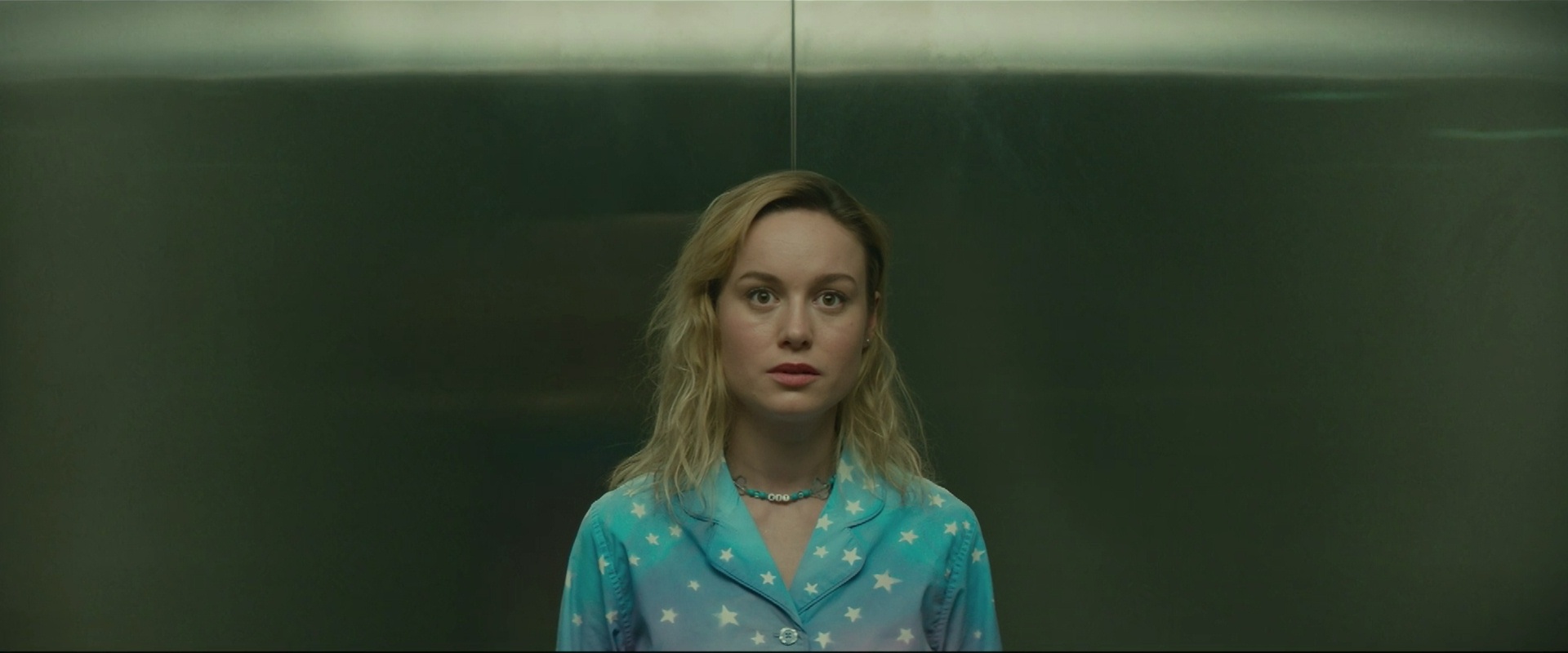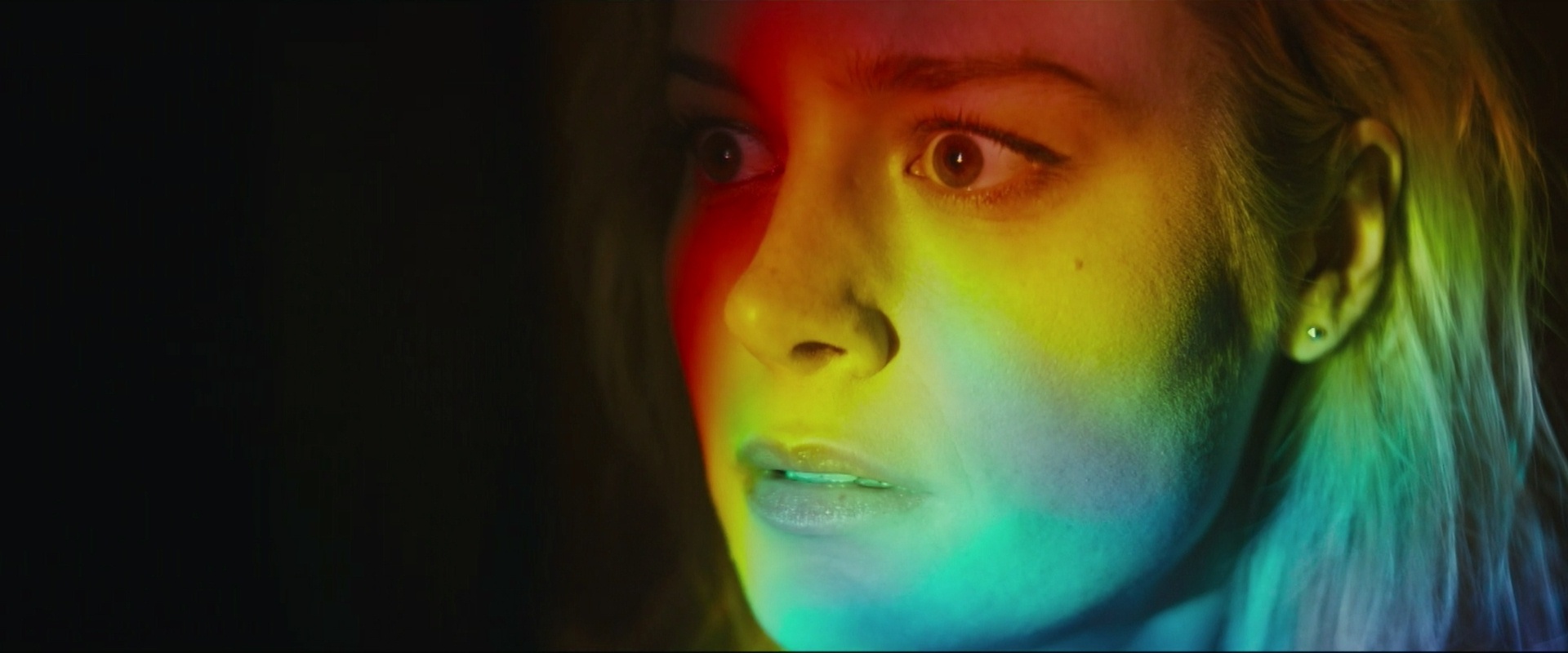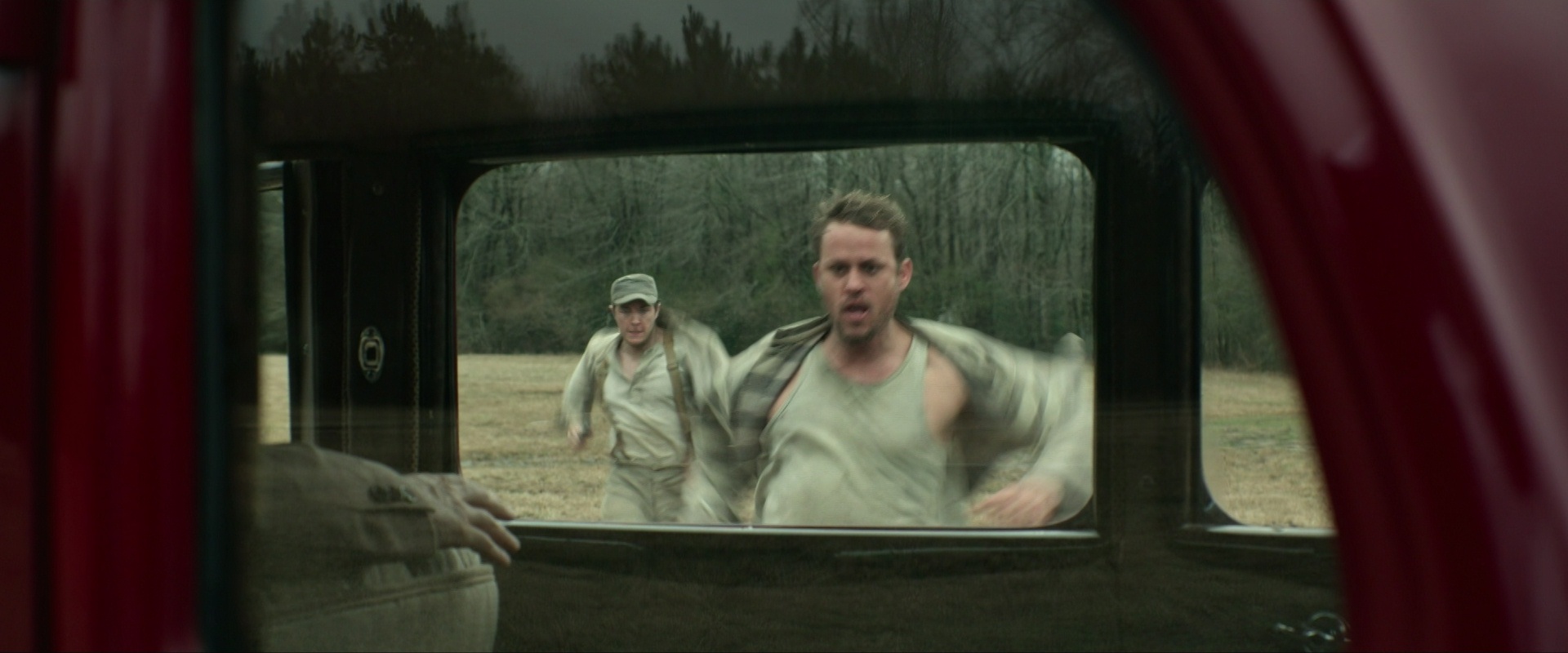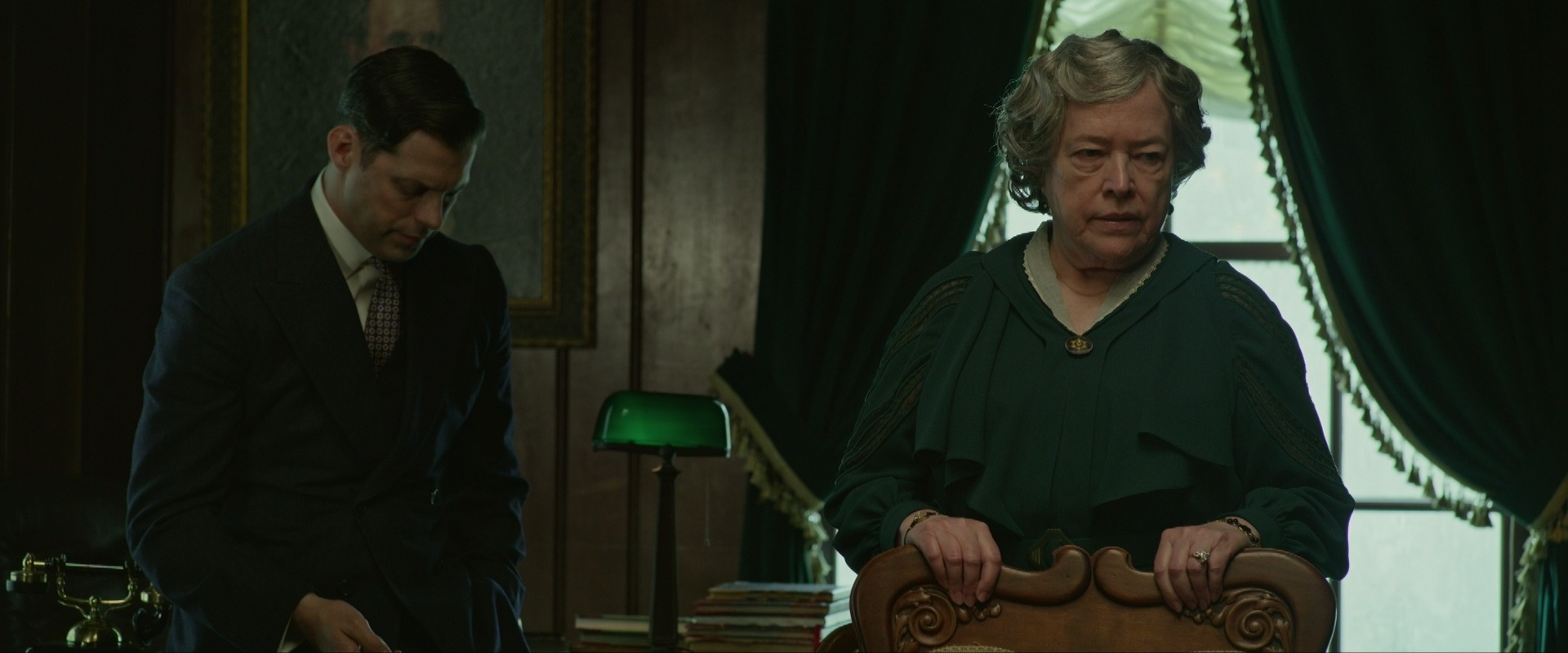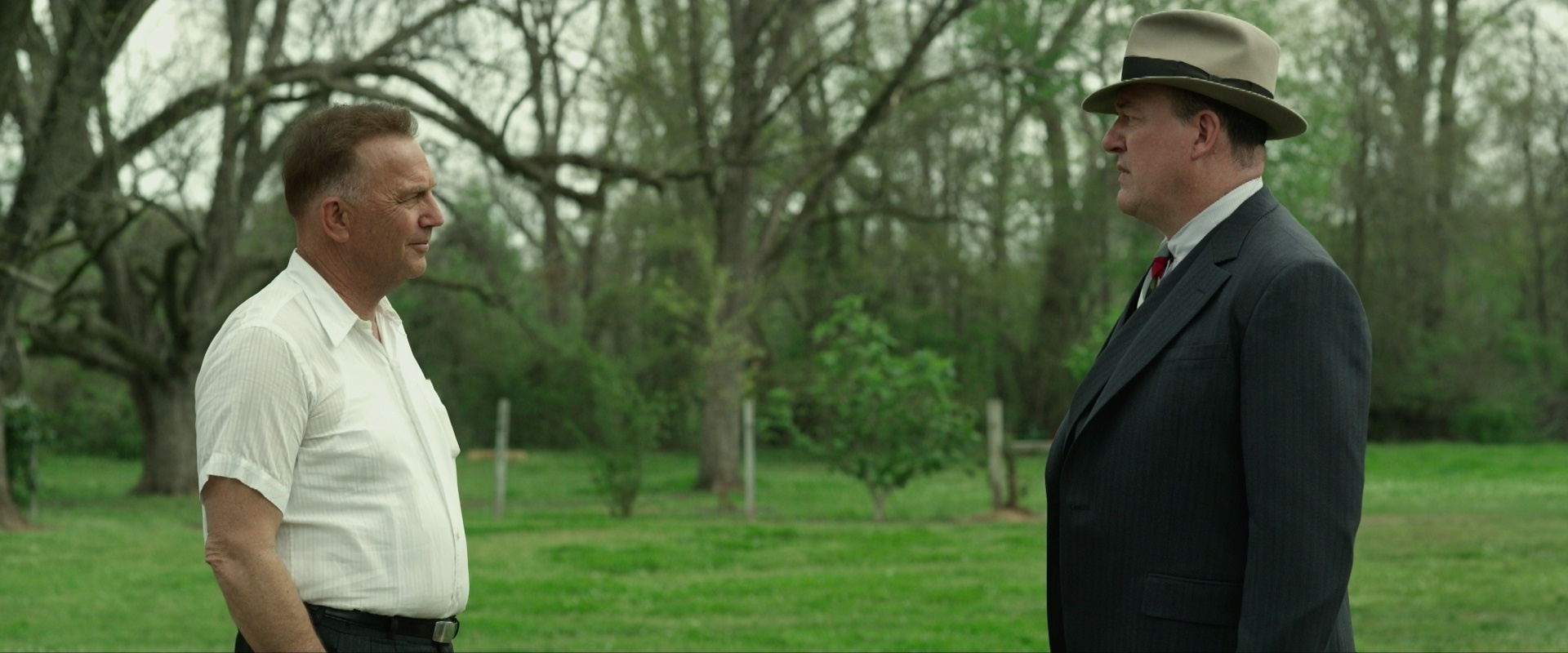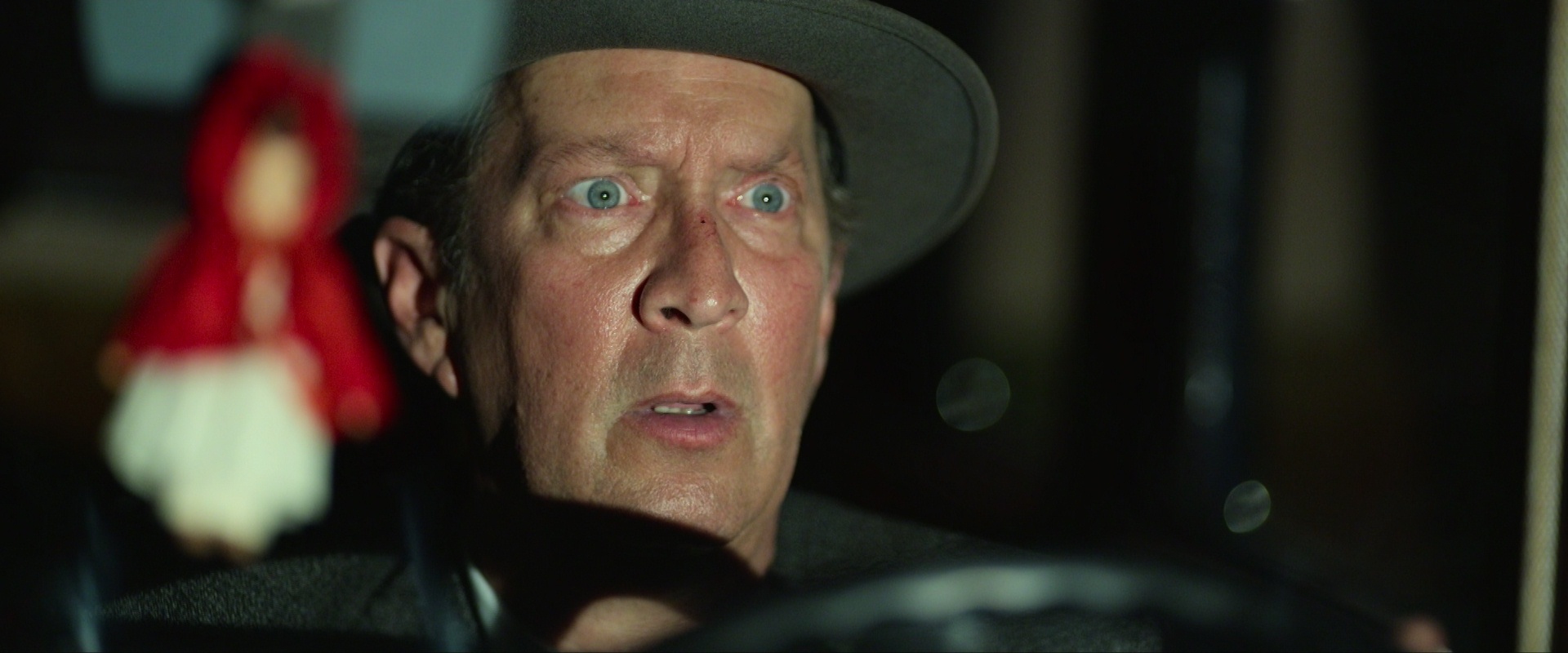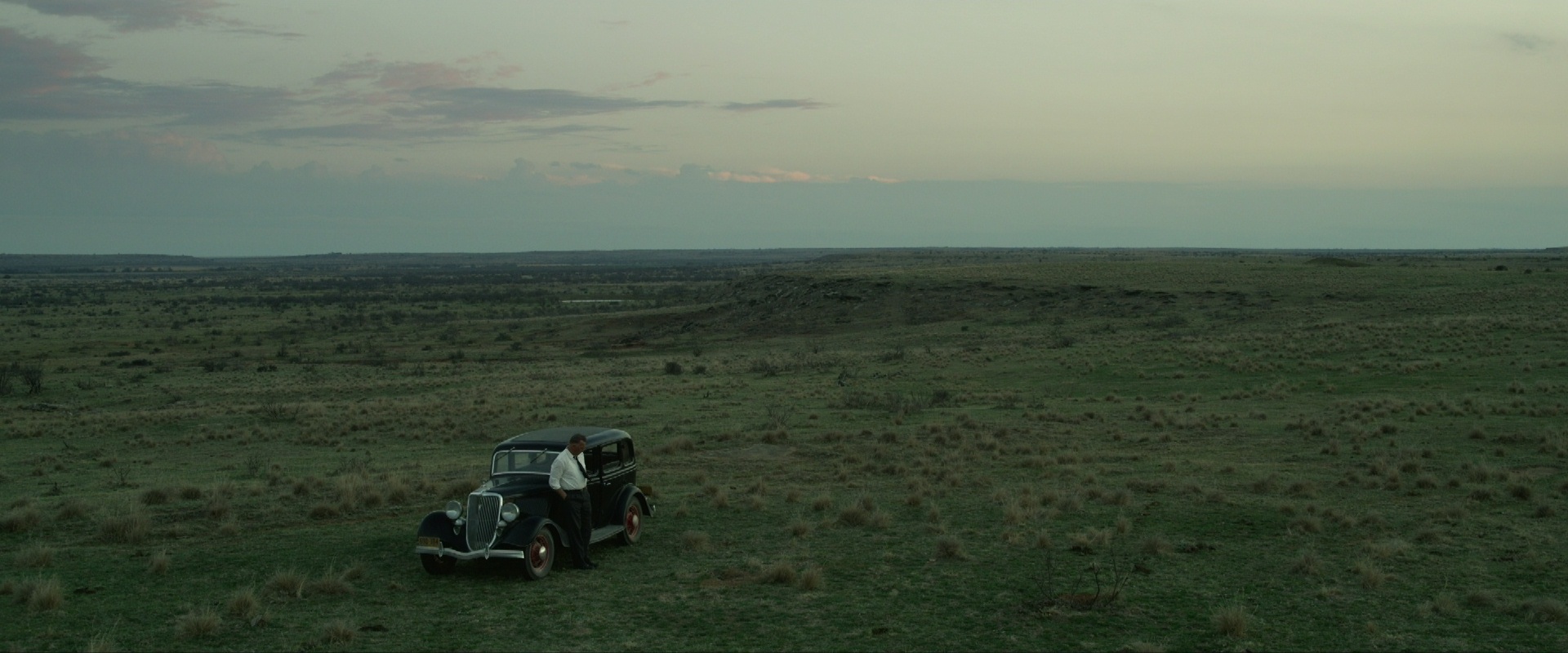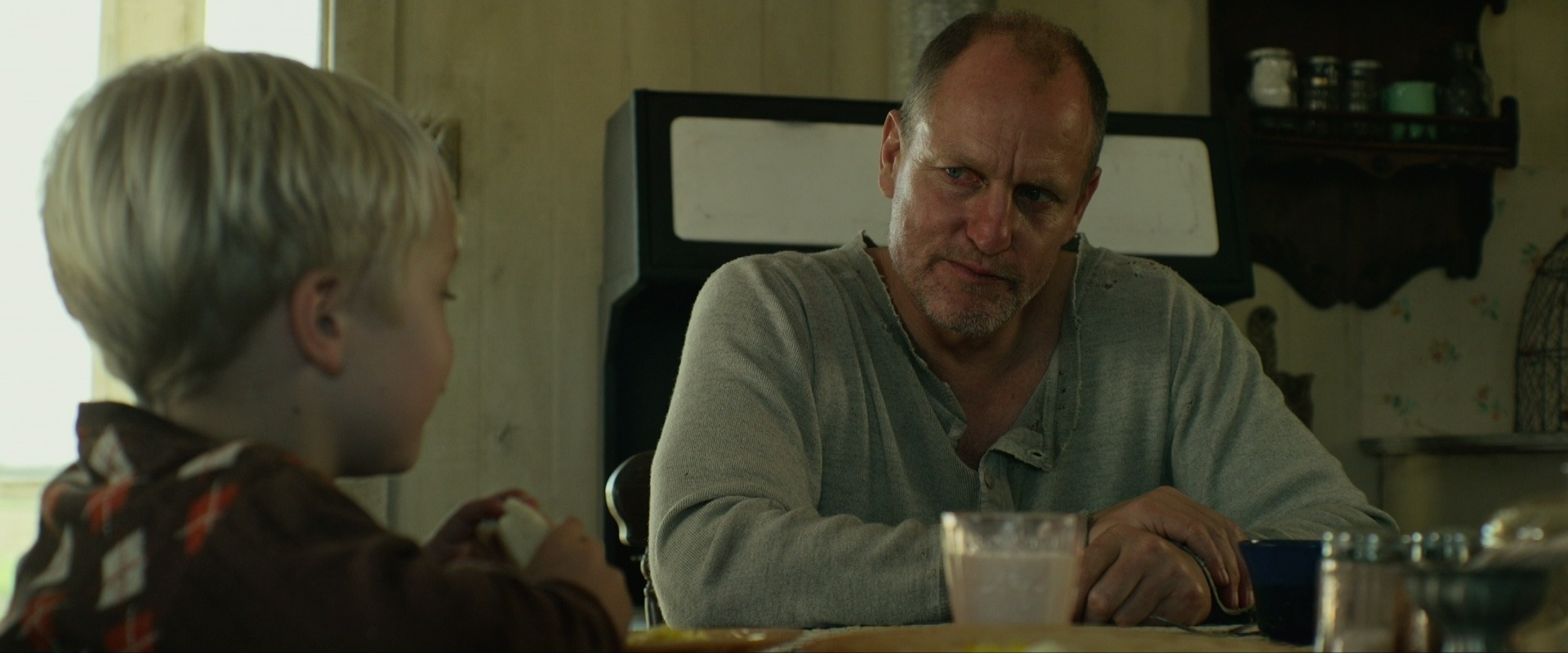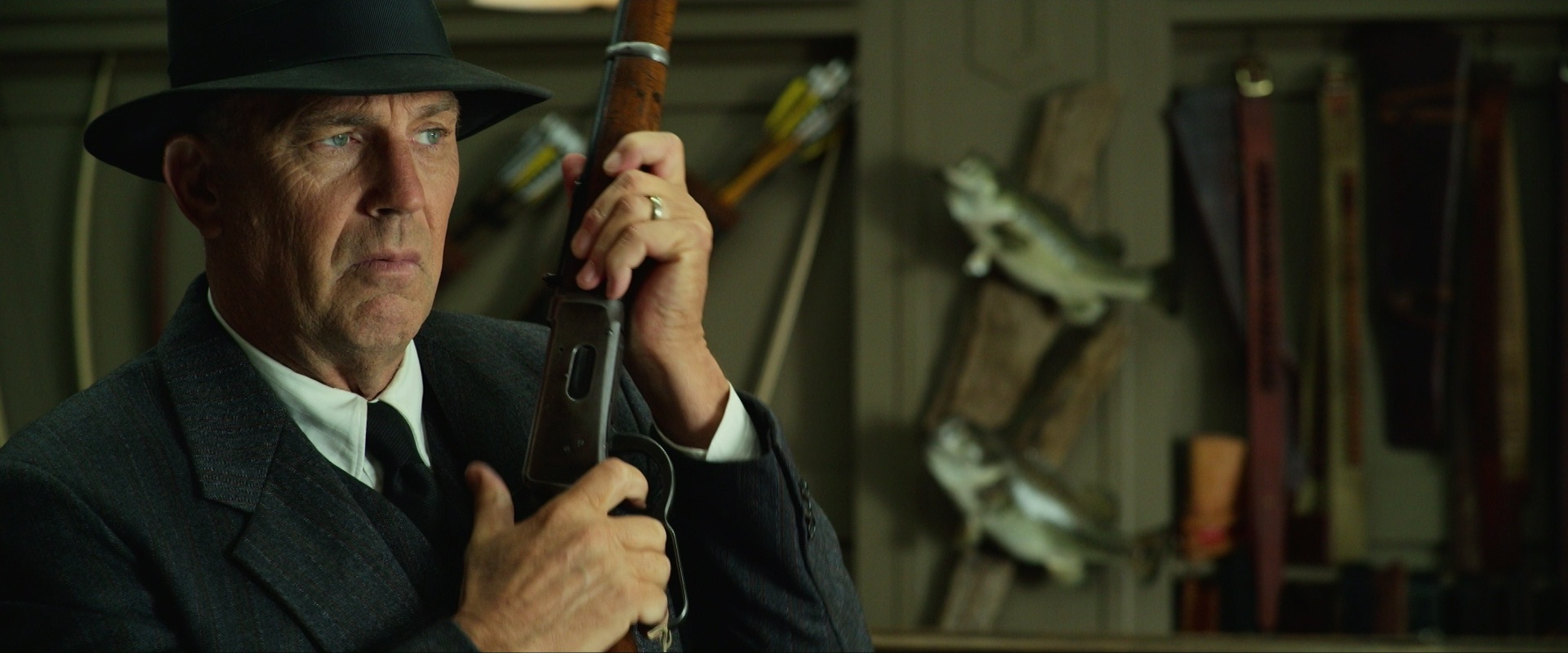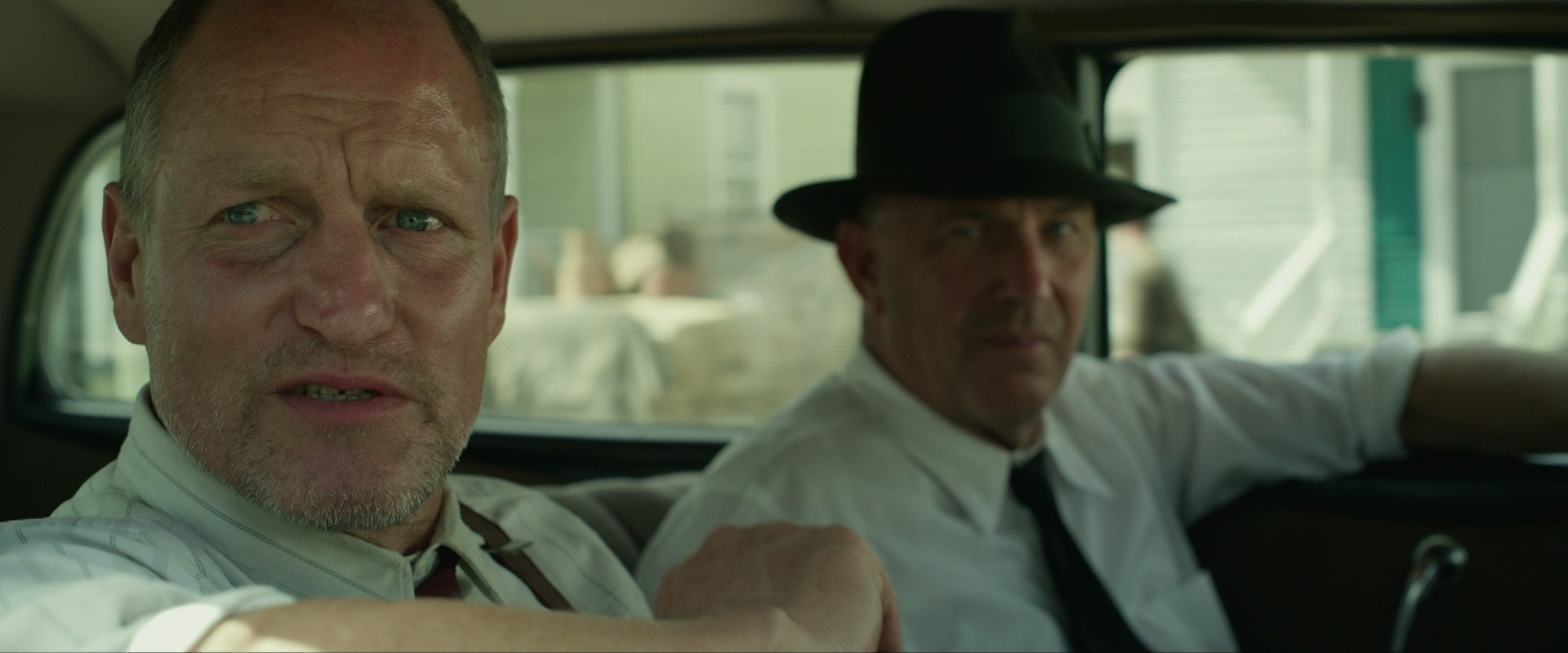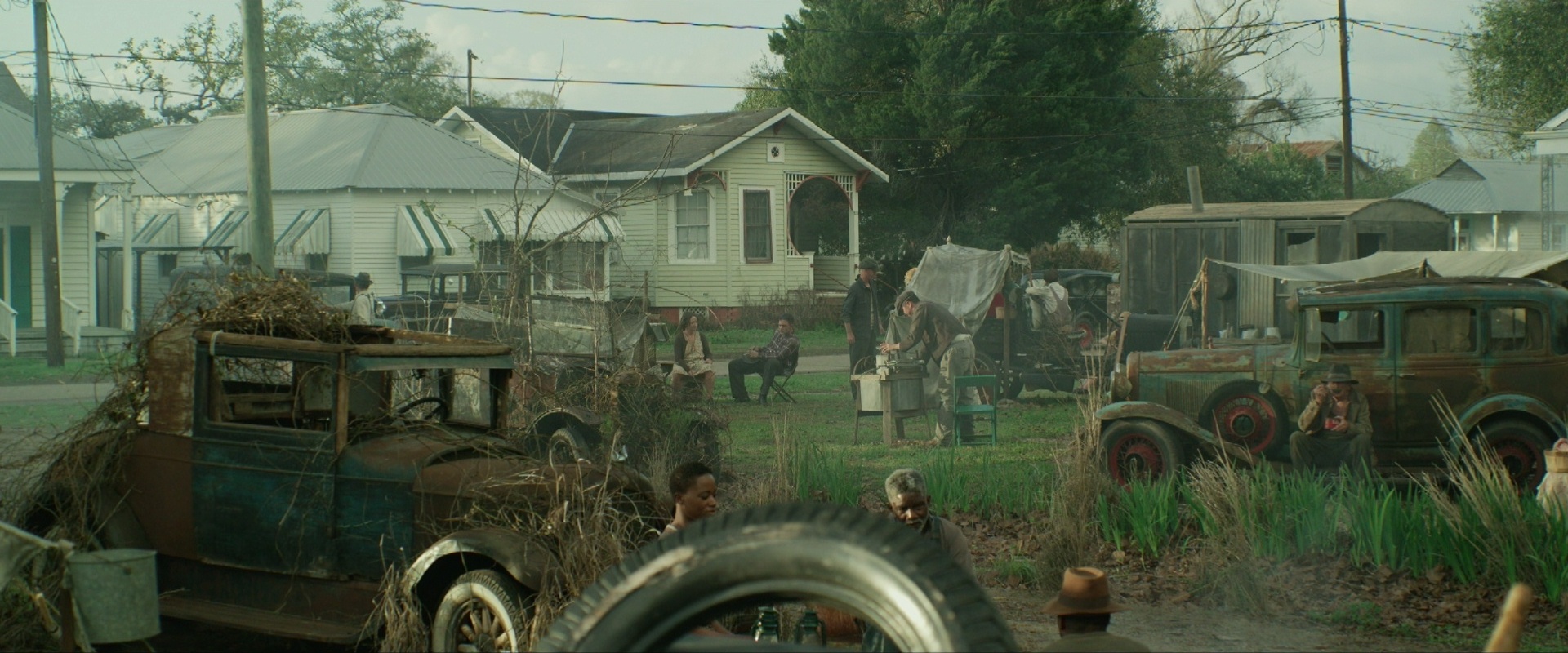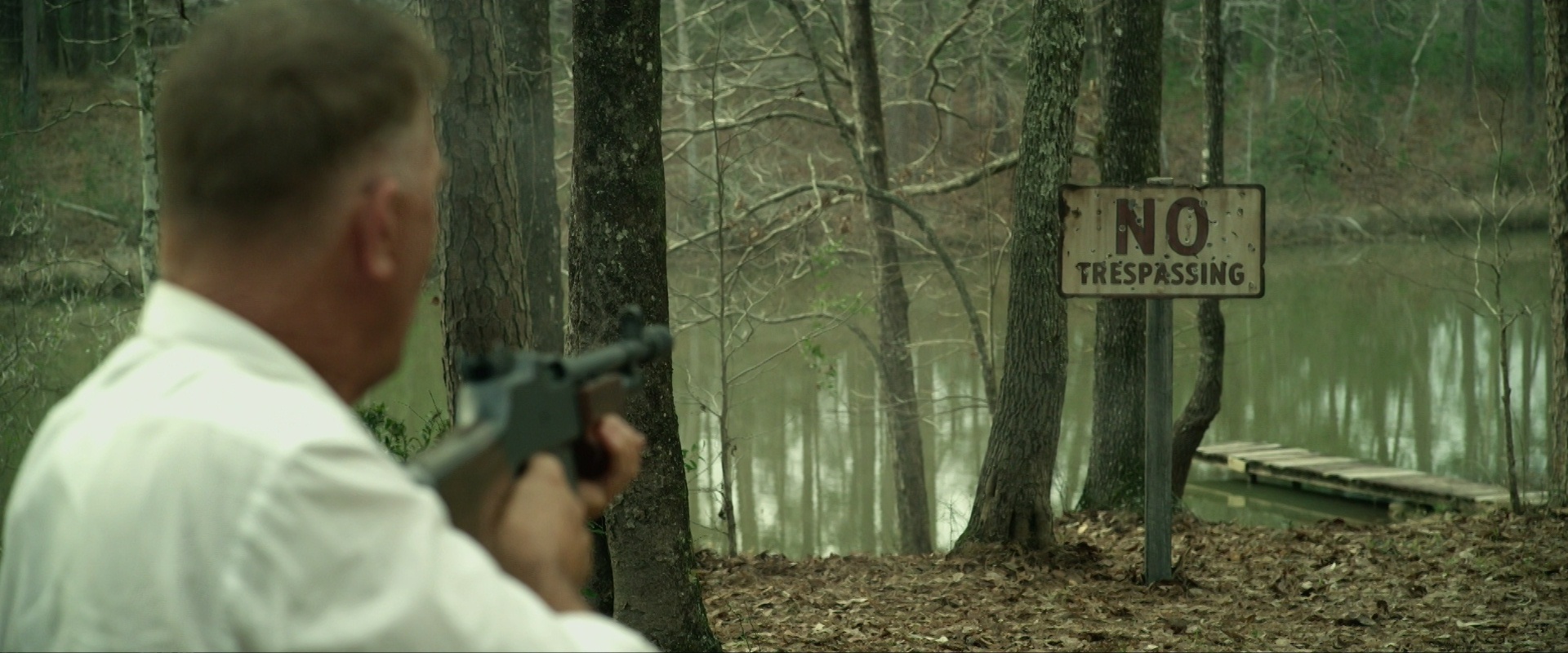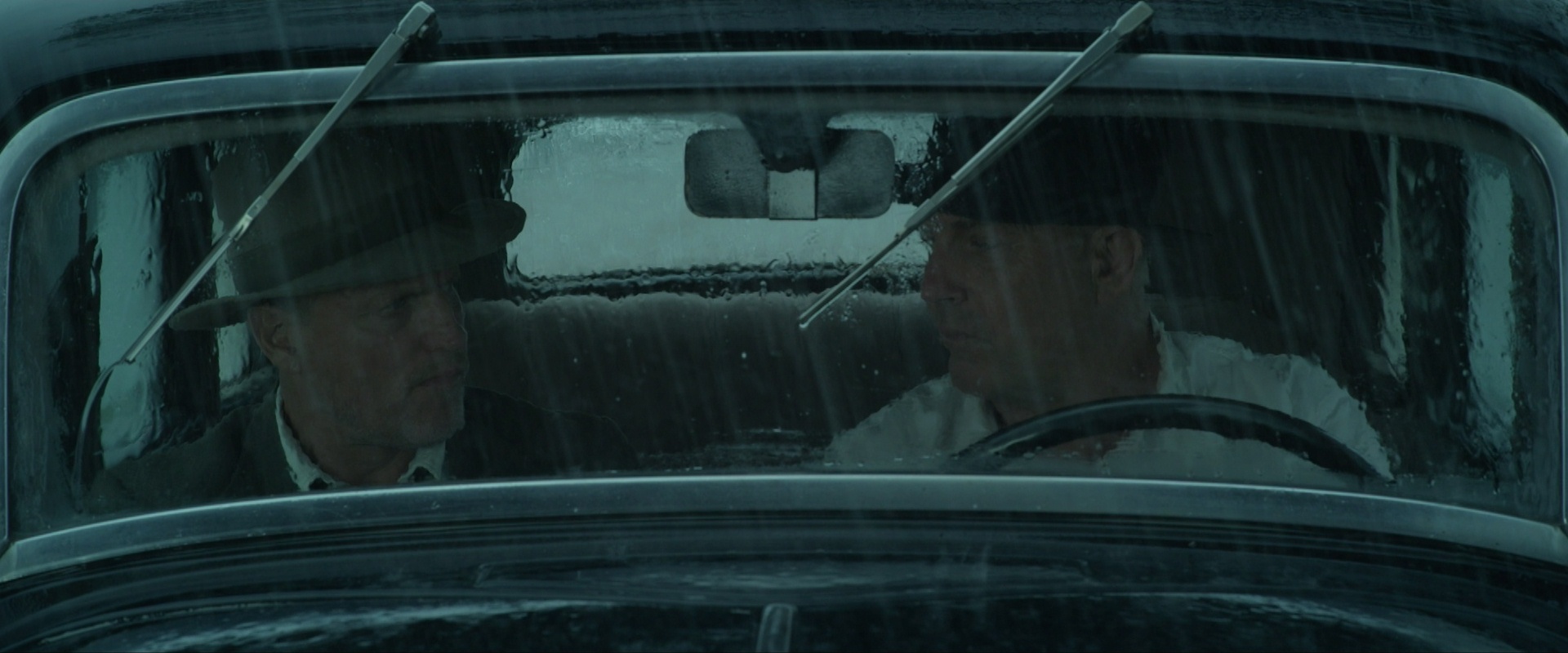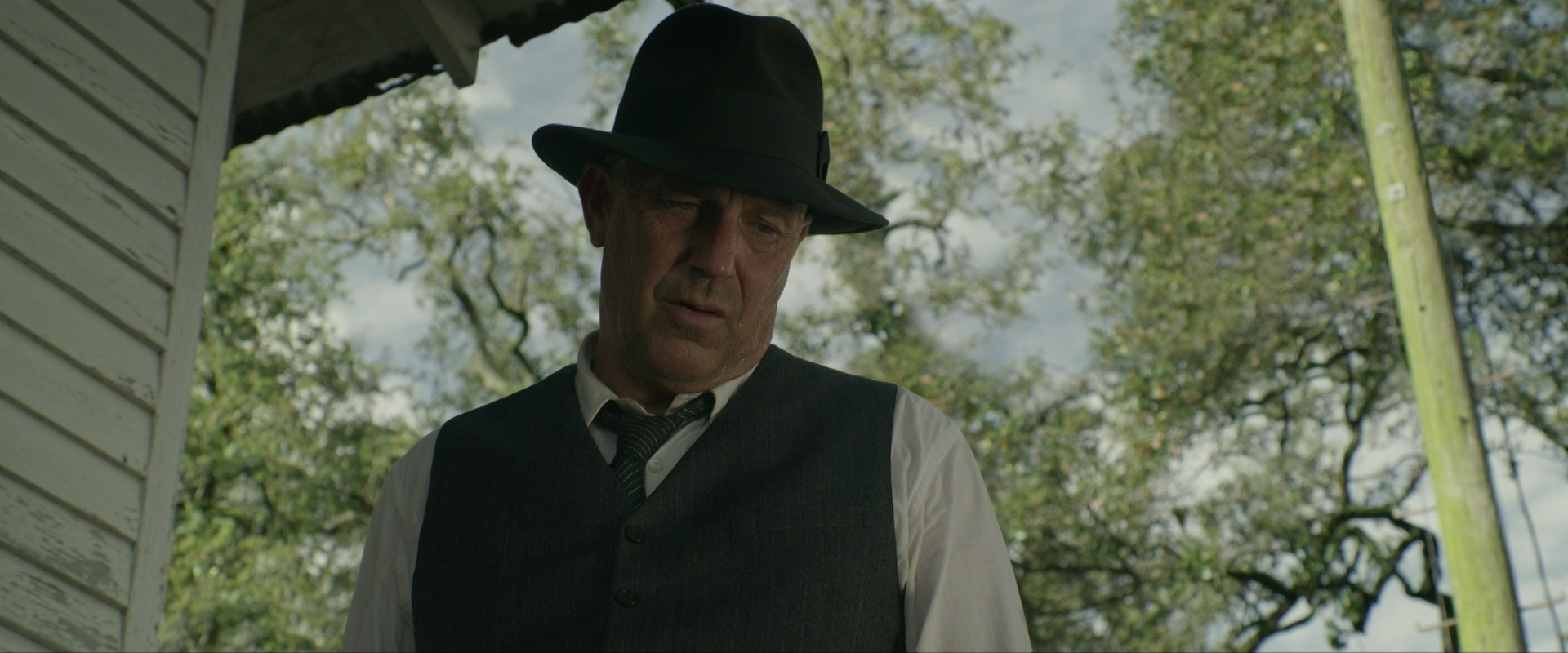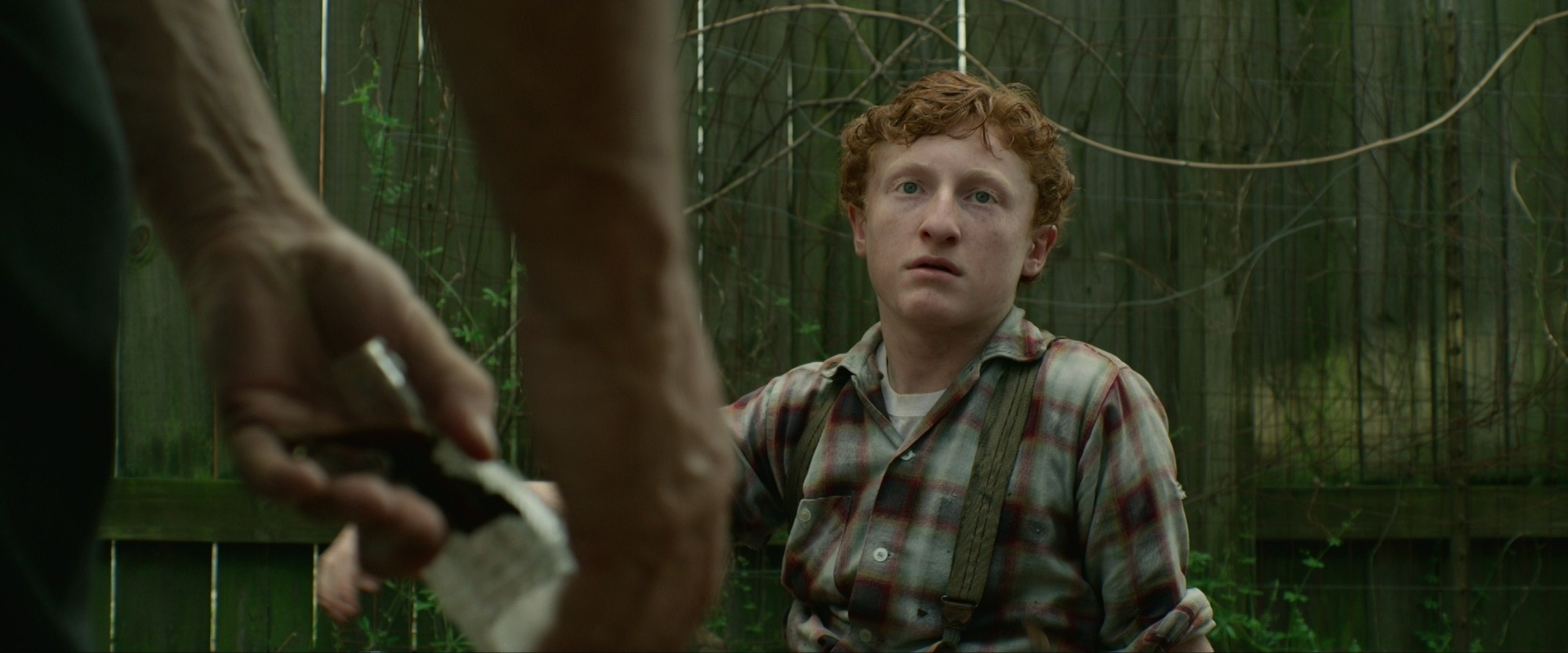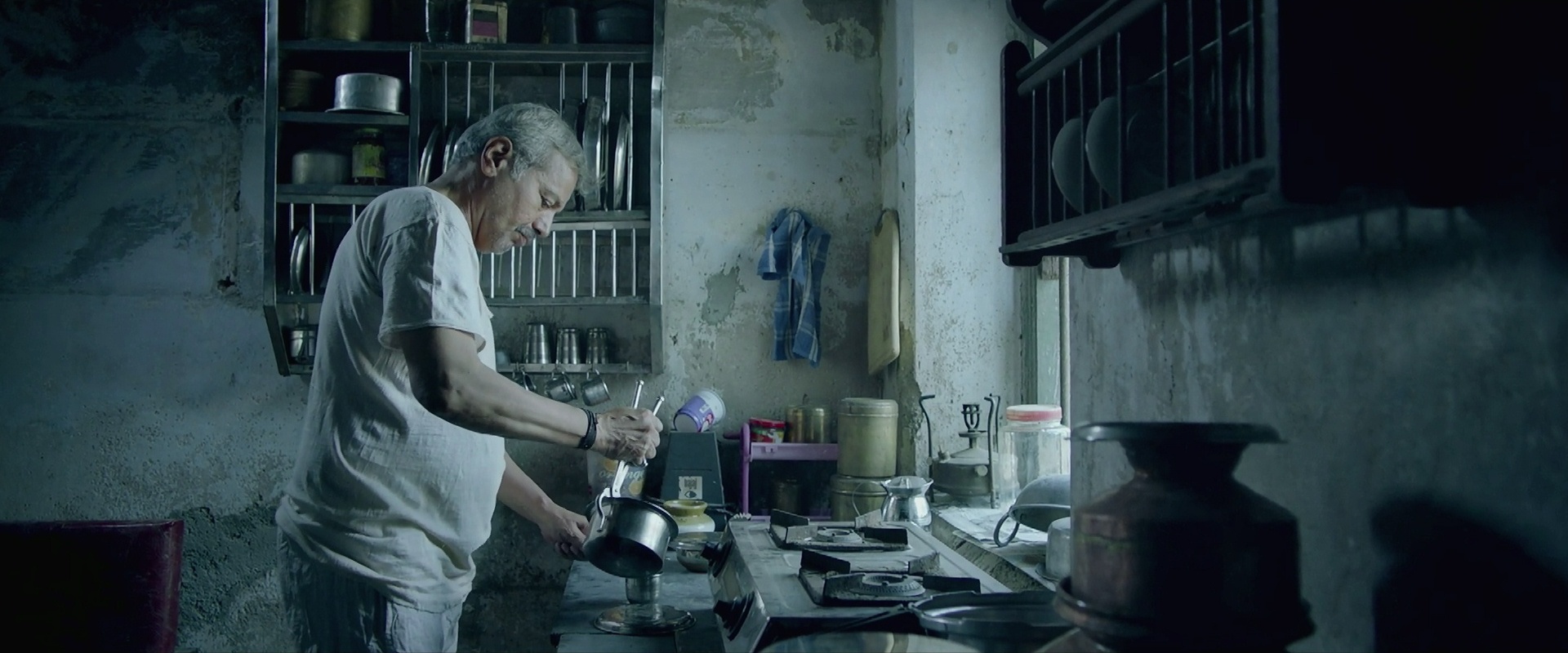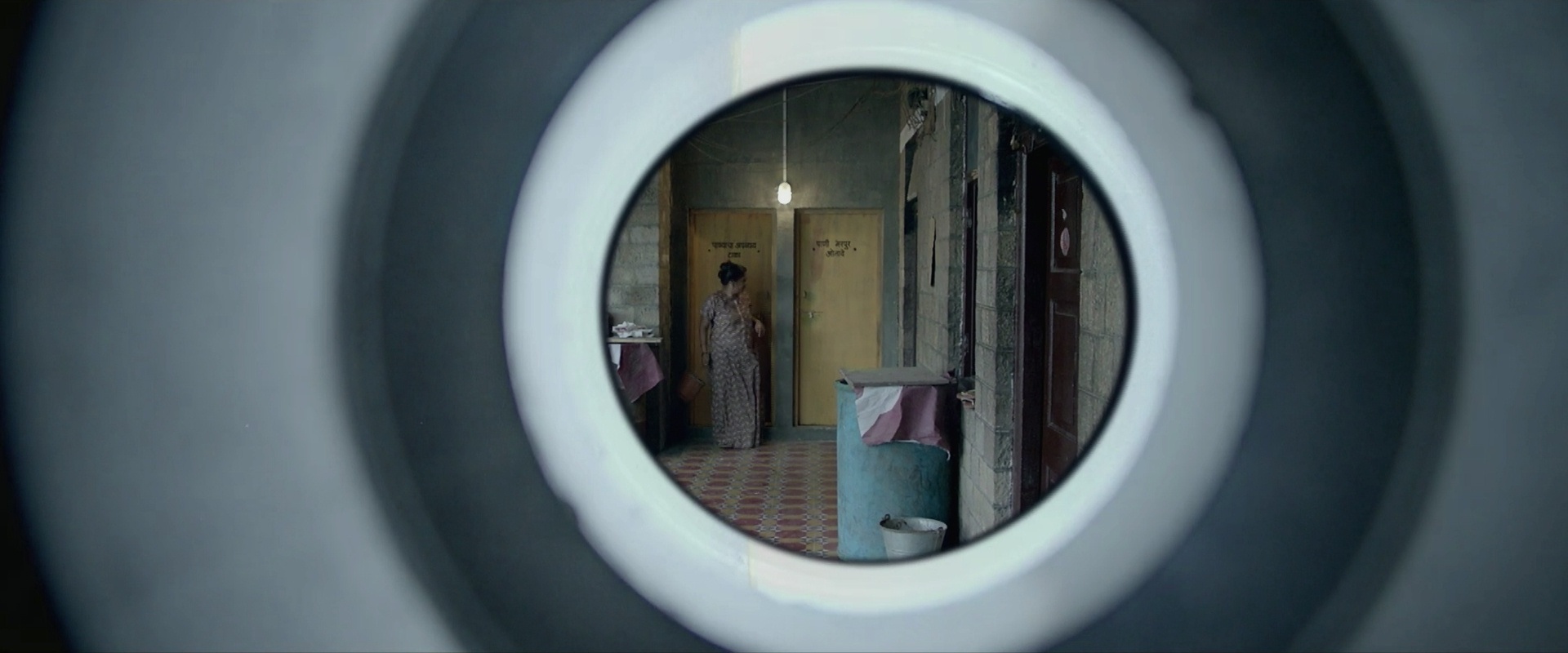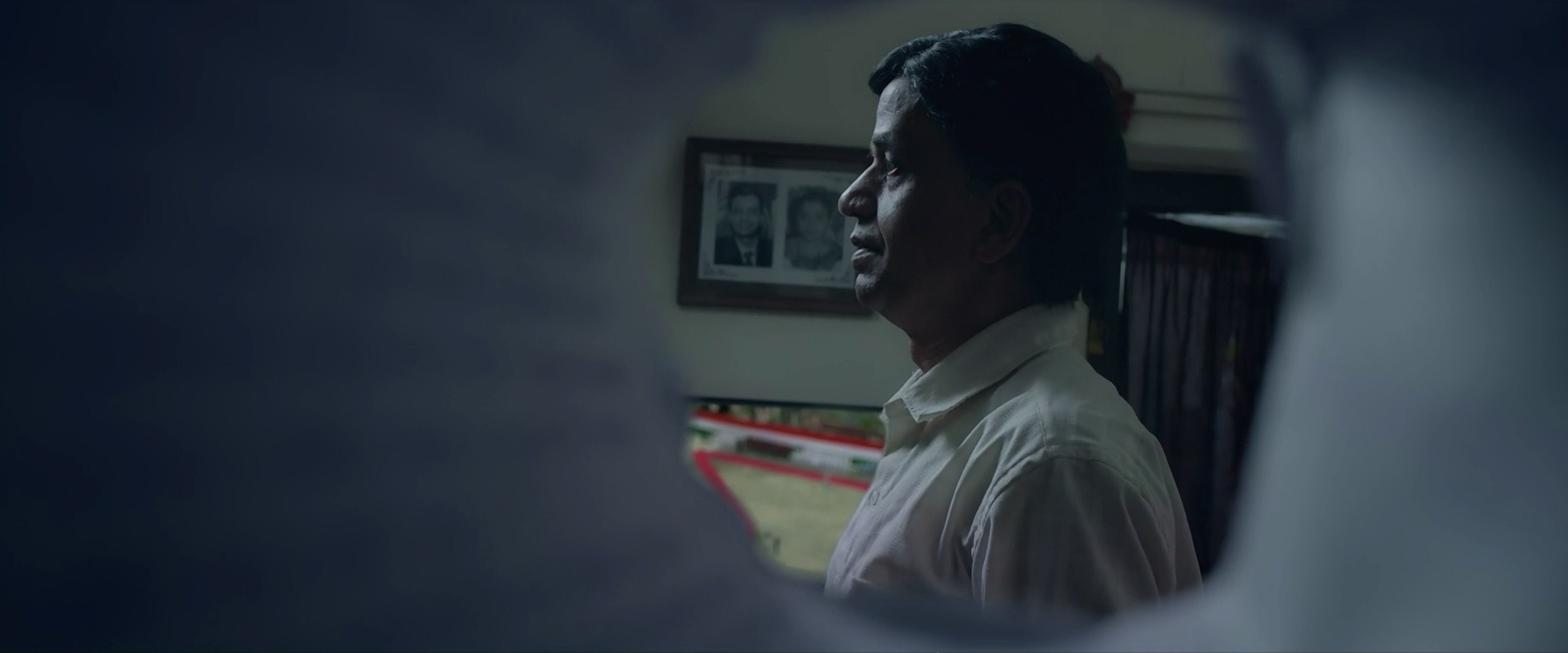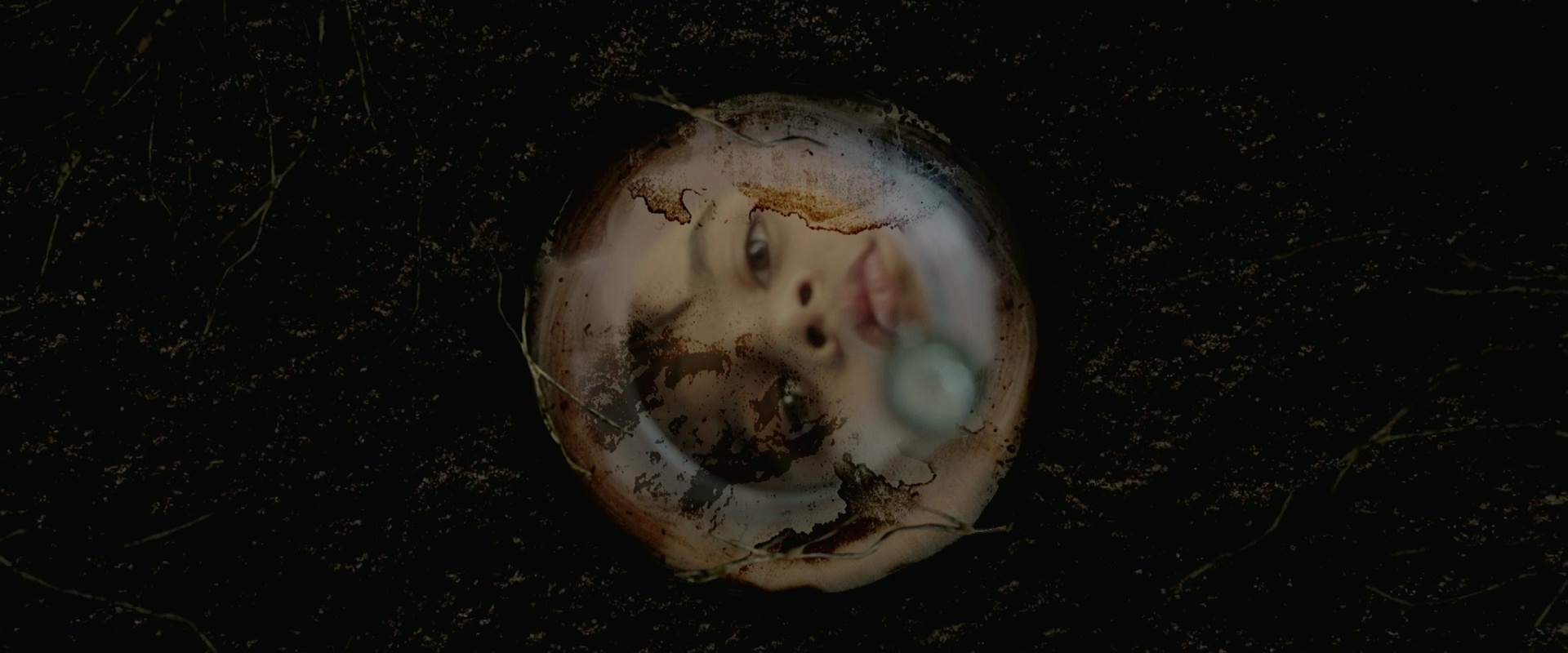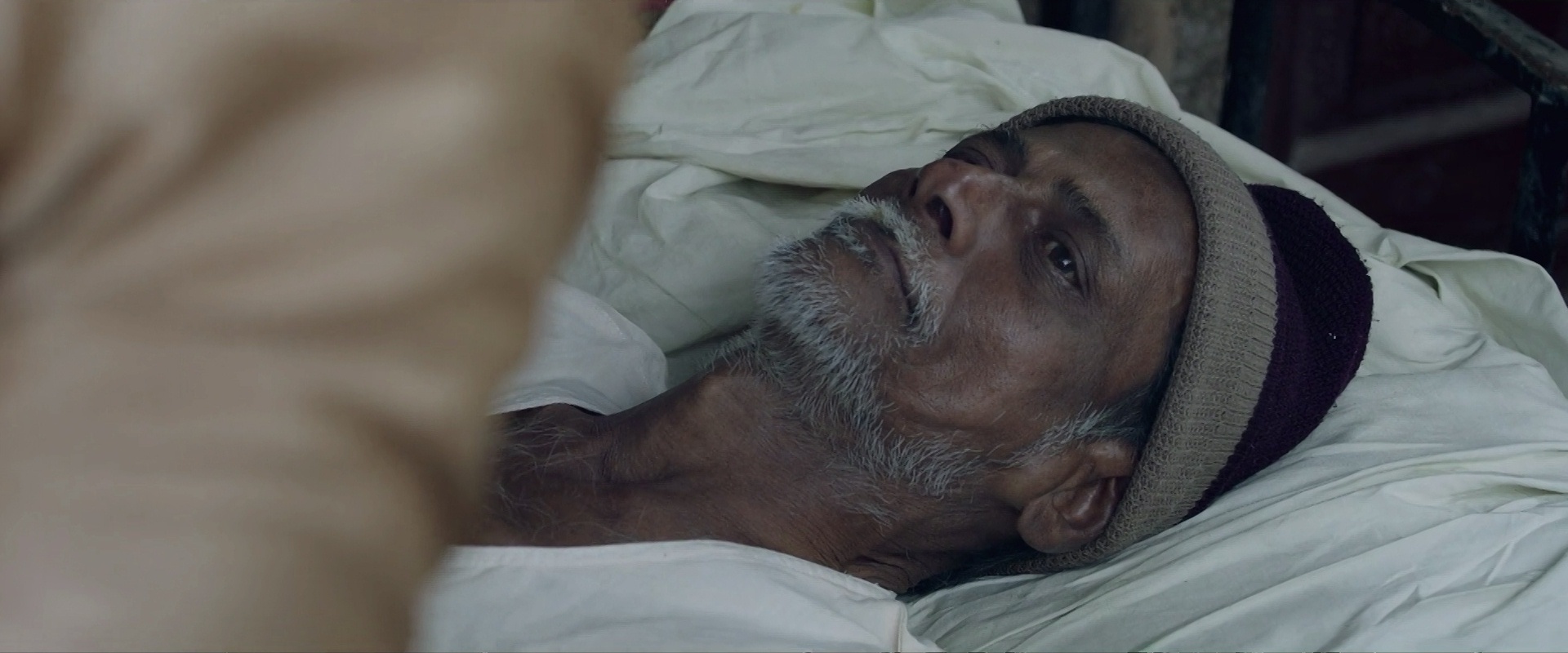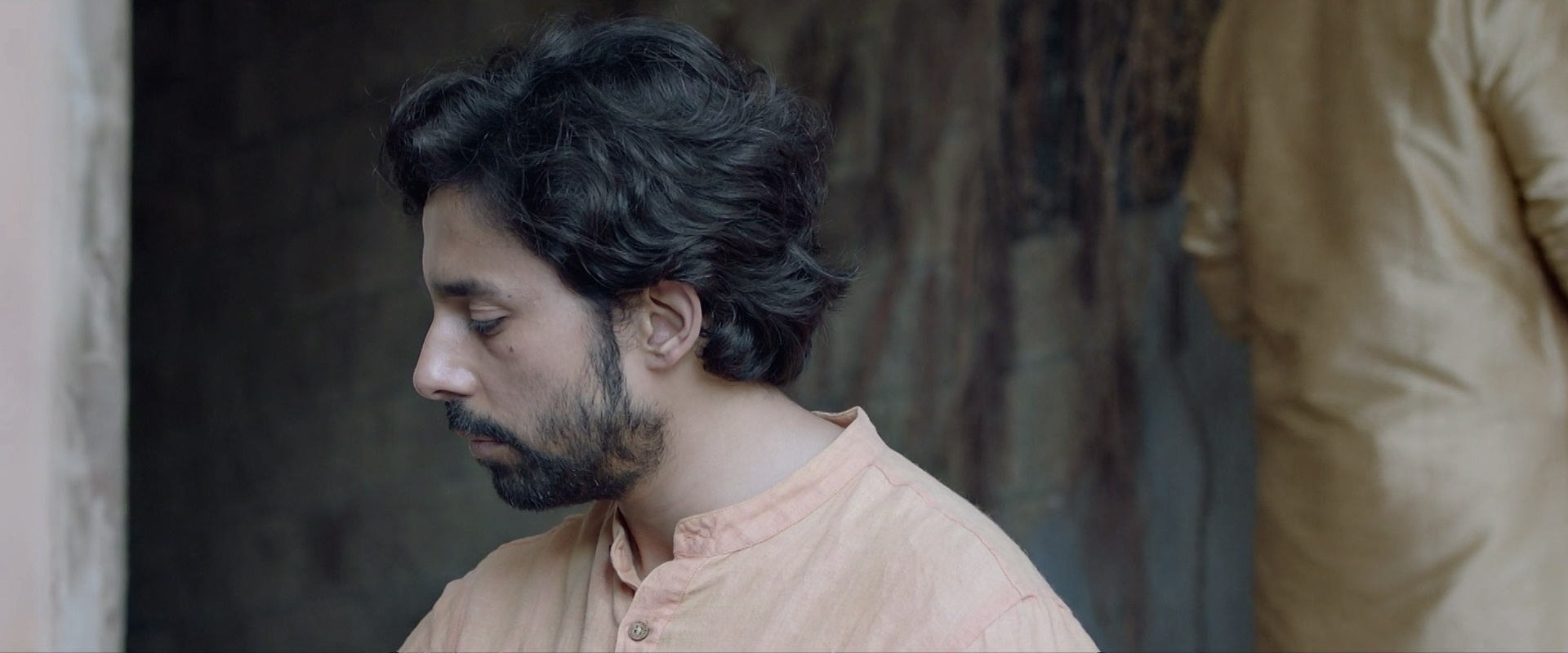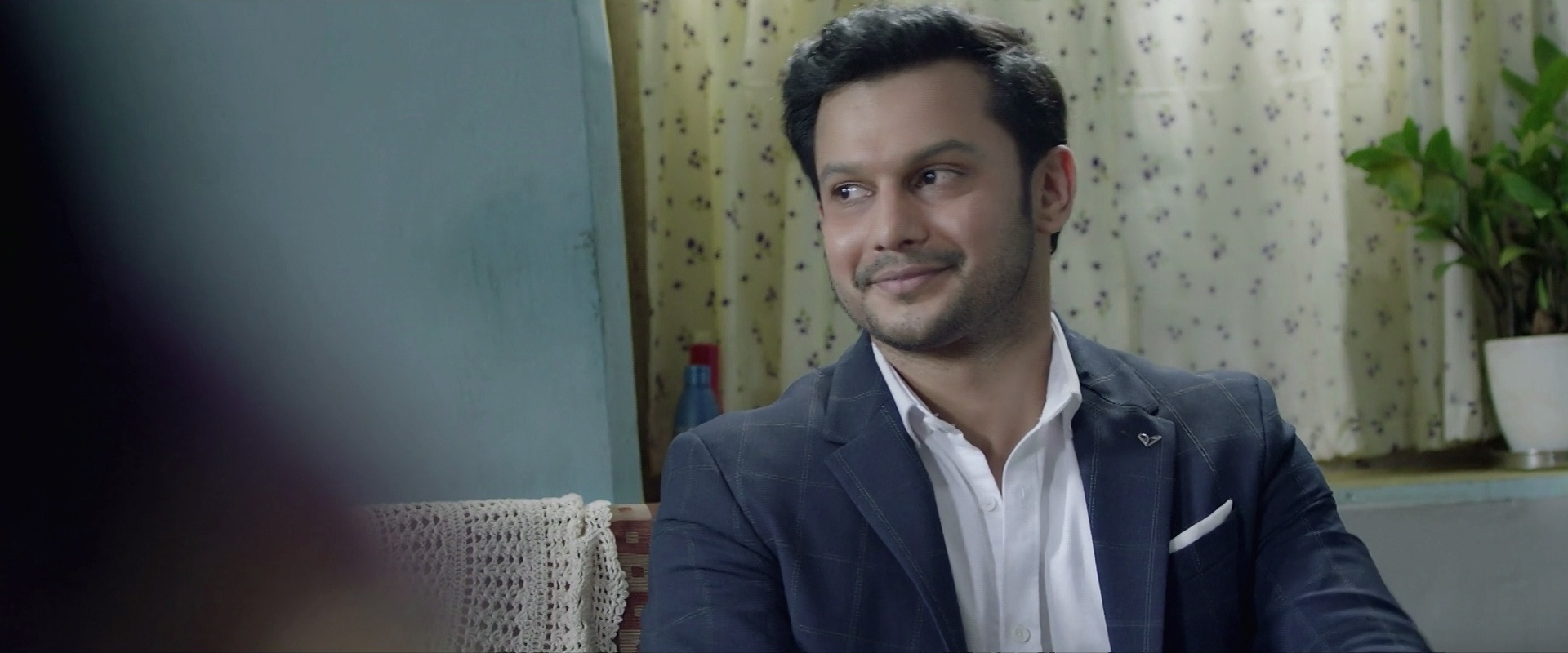I’ve done too many almond-based goods, so I thought I’d try my hand on some profiteroles with this recipe. Approx. Because I didn’t really want the chocolate part.
Most of the recipes stress how “simple” this recipe is… but it has the normal number of ingredients.
What’s simple, perhaps, is that it uses something as er usual as water as the ingredient that’s supposed to make the dough grow all fluffy in the oven. I mean, most things use either yeast, baking powder/soda or whipped egg whites, but the idea here is that it’s a quite wet dough, so the steam will make the dough puff up. We’ll see!
So you bring the water/butter mixture to a boil…
… and then dump the flour/salt/sugar mixture into it…
And then beat it around until it forms a dough. Then let it cool.
And then add the eggs, a bit at a time, until it reaches a properly semi-runny consistence.
The recipe said to pipe the dough unto a baking sheet, so I did that, but if I ever make this again, I’m not doing that. Because the dough is just so sticky! It pipes well, but I got dough everywhere when trying to get the tip out of the piping bag. Other recipes said to use a couple of spoons instead, and while that doesn’t give as regular-shaped puffs, I think that’s to be preferred.
Not that these are very regular, either.
And up they pop! It works!
Puffy!
Perhaps I over-baked them a bit.
But what do they look like on the inside?
Huh! That’s kinda weird. I didn’t think they were going to be that devoid of interiority (that’s a word).
Well, while they cool down I can pick out a book to read…
As usual, I’m choosing from among the oldest unread books I have. Eenie meenie oh who am I kidding.
I’m postponing that Ulysses as long as I can.
So this week it’s The Fall of Hyperion by Dan Simmons, and I know exactly why I’ve avoided reading this book for more than two decades: I loathed Hyperion.
Why did I buy this one? Because I’m stupid.
I remember whinging and moaning about Hyperion on the interwebs somewhere… was is rec.arts.sf.books? Or somewhere? At the time Simmons was considered a pretty hot ticket, and I just couldn’t understand why everybody else didn’t realise that Hyperion was trash: It’s the Decameron written by a moron as a fixer-upper “novel” of dreary short stories.
I felt that Simmons tried to be Gene Wolfe, but without any of his intelligence or talent.
But I got into an argument with a person that didn’t seem like a moron, and somehow they talked me into buying the followup, because that’s an even better book, according to them.
And, moron that I am, I did. I mean, there’s a gazillion books by authors that I already love that I don’t have time to read, so that’s a very stupid thing to do.
And then I didn’t read it, of course, because .
But now I have to. Perhaps it’s an awesome book!!!!1! I now wipe my mind of all prejudices. This may well be a brilliant book. Perhaps I was mistaken back then or read the book with the wrong attitude.
Deep breath… no prejudices…
OH GOD I HATE IT ALREADY.
But let’s read the first two pages together.
Well, the first thing we notice is that it’s set using a font size that’s way too teensy for me, so I can barely read it.
The other is… that… it’s not horrible?
OK, I’ll try out my new Kobo e-Ink reader, and here’s a mini review: e-Ink is as horrifying as ever: The resolution isn’t high enough, so the typography is all janky, with stems disappearing and there’s an uneven greyness to the text. But I knew that e-Ink was horrible… but what about the Kobo? Well, it’s not very inspiring, either. As you can see, the side lighting is very, very uneven, with the left margin there being 2x lighter than the middle. And the page-turning buttons require way too much force: I’ve now got a permanent ridge on my right thumb from hitting it. And the battery life is pretty bad: I can’t read the entire book without recharging a couple of times.
Other than that, it’s got some nice features. Nice feature 1: I don’t have to shop from Amazon. 2: I can alter what buttons go next/prev and where to tap on the screen to proceed. If I had my druthers, I’d want to be able to tap anywhere to go forward, but it doesn’t allow that. (And then just use a physical button to go back, which I never do anyway.) 3: Err… I think that’s it…
Oh, yeah, Simmons. I find that I’m more forgiving now than I was twenty years ago. Or perhaps this isn’t as horrible a book as the first one.
Simmons’ writing style is a bit on the florid side, but it’s not upchuck inducing. It flows quite well, even if he has a tendency to repeat himself redundantly with repetitions that are repetitive and redundant. The structure of the book is straight-forward, and while I had forgotten the plot of the first book completely, Simmons filled me in gamely, and without resorting to too many As-You-Know-Bob scenes.
No, what’s annoying me this time around about Simmons is that all his characters are straight out of the time the book was written. Or perhaps a decade before. This is a society set, er, I guess a thousand years into the future or something, and it has fabulous technology like teleportation which allows humanity to spread throughout the galaxy, and fabulous AI, and fabulous everything… and all the characters behave, 100%, as they would in the 80s: From micro bits like the above, to all their conversations and concerns.
So we get characters making casual references to, say Lincoln, and nobody says “eh?” It’s like somebody today dropping Baldwin of Boulogne into conversation and people nodding sagely.
Also note: The cruelty in her eyes has now spread to her lips.
*sigh*
And he has a 35mm camera. Because of course he does.
This insistence that all these technologies don’t change society goes from annoying to eye-roll inducing: Here’s the backstory on one of the protagonists: He’s from a well-to-do family… but he was sent into service to pay off the family’s debts (!)… as a bonded manual labourer!
There are so many levels of not-making-even-slightly sense here that you have to wonder whether Simmons does shit like this just to piss even people with two functioning brain cells off, so that only complete morons will finish his books? I mean, this is a society with magnificent AIs and robots, but… to pay off debts? This guy’s sold off as a manual labourer slave?
If it’s a huge amount of money, how can you make that much money as a manual labourer? I mean, how can somebody else make that much money off of you being a manual labourer? If it’s a small amount, why not just become a waiter instead for a few years?
THERE”S NO LEVEL THIS CAN MAKE SENSE!!1!
When the book’s not pulling moronic crap like this on the reader, it’s stopping us in our tracks waving THERE”S FORESHADOWING HERE!!! HERE!!!! LOOK!!! Like in the conversation where the general poo-poos the idea that they don’t know where the Evil Attackers are, and I assume all readers went “oh, OK, they’ve already invaded the entire galaxy and are just lying in wait, sub-light-speed, even if that means they’ve been planning this for a few hundred years”.
And guess what happens a few chapters later.
*sigh*
Simmons is just so bad at world building and plotting. Basically everybody else who writes galaxy-spanning space opera has a better grip on the mechanics.
Simmons stresses how obscure christianity are in the days of the book, but it seems like half the characters are either christian or are deeply intimate with the entire mythos. And, as I suspected when I started this book, the plot slowly reveals itself to be all about religion, which, of course, I find to be a snoozefest.
Oh, well, back to finish the cream puffs…
I’m filling the puffs with whipped cream, but I’ve got various things to add different flavours to the cream. I’ve got cloudberry syrup, liquorice powder ans ammonium salts.
I got this piping tip today: It’s really meant for piping jam into Berliners, and I’m not sure it’s going to be a good idea to use that long spout for cream… takes a lot of pressure…
Whip it.
Well… that seems to work: The cream makes it through the spout.
It does work! Creamy!
But that long spout thing just took too much effort. I switched to using a regular tip, but used the long spout to tap the holes into the puffs.
I did one quarter with plain cream, and then one quarter with this cloudberry syrup I’ve never seen before. I love cloudberries, but using them in many ingredients is a pain: They’re 80% pits, and while those pits are crunchy and edible, that crunch is not something you want when you don’t want it. Which is almost always.
But this syrup had a full, sweet, intense cloudberry flavour, and went perfectly with the cream.
For the last two quarters, I did liquorice extract: One with salmiak and one without. I may have dumped slightly more of this stuff than is healthy, but it’s very yum.
There! All filled up! Piping them was a pain at first, because I didn’t know when they were full, so I burst a couple. But then after a while I got the hang of feeling when it felt full by how it expands slightly, and then it was OK.
So how do they go with the book?
Mmm… that’s a lot of liquorice. The shell is crispy and pretty tasty, but it’s definitely a bit on the overdone side. I should have baked them perhaps five minutes less, I think.
Oh, wow. The cloudberry cream is divoon. Incredibly tasty, especially in these puffs.
Back to the book: The christian sub-text to the book is pretty evident throughout, but when he goes into over exegesis mode you can but sigh.
But…
I don’t really hate this book, I find. Sure, it’s painfully humourless, and sure, all the characters sound and act exactly the same (even if they’re described as being oh so different), and sure, the christian stuff is really grating.
But it also has some pretty good plot twists that I didn’t see coming, and I found myself eagerly wanting to know what’s going to happen next, even if I was pretty sure that whatever’s going to happen would be pretty stupid. If you just switch your brain off and let go of any expectations that this is going to be, like, smart, it’s a pretty entertaining read.
